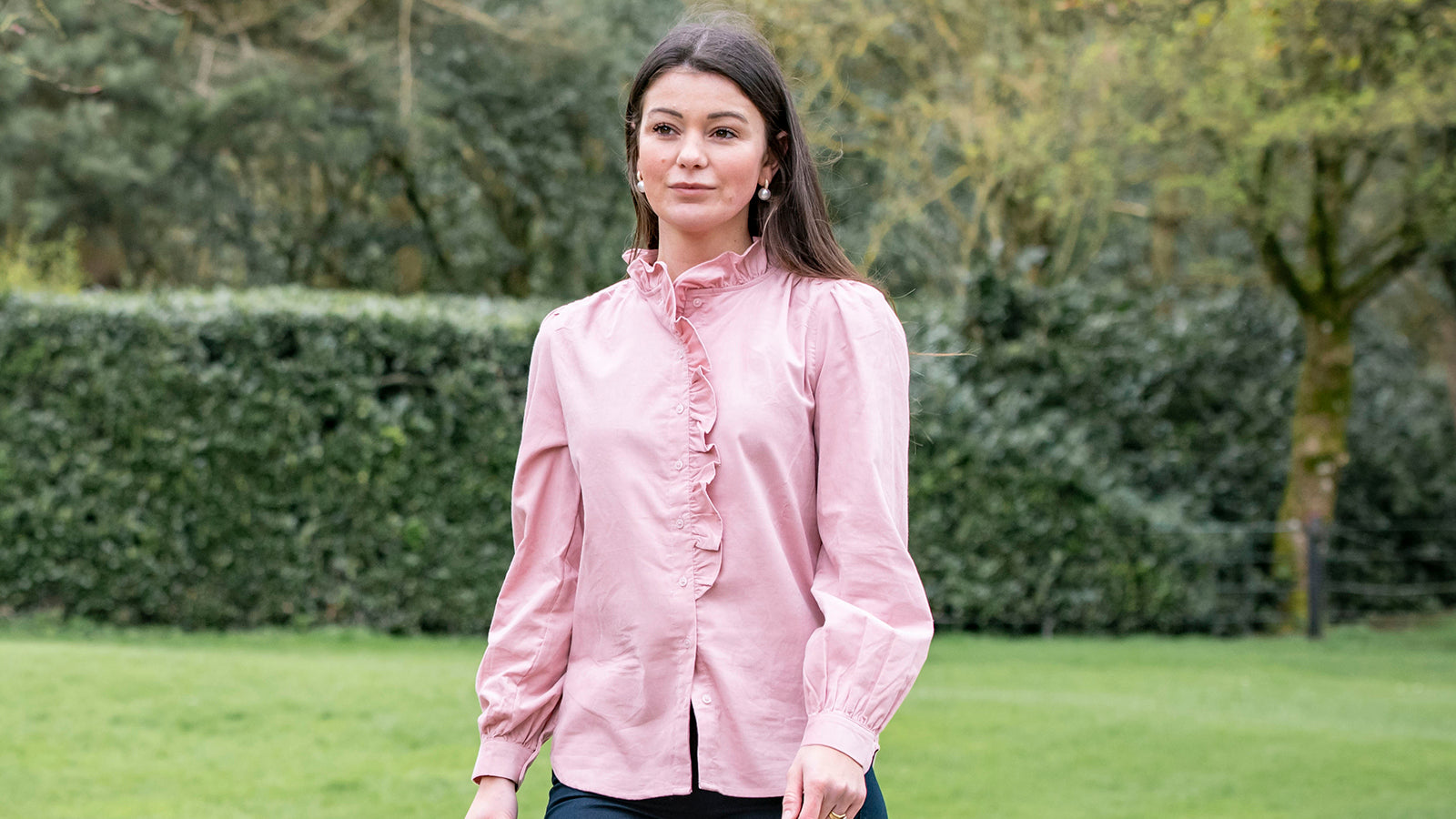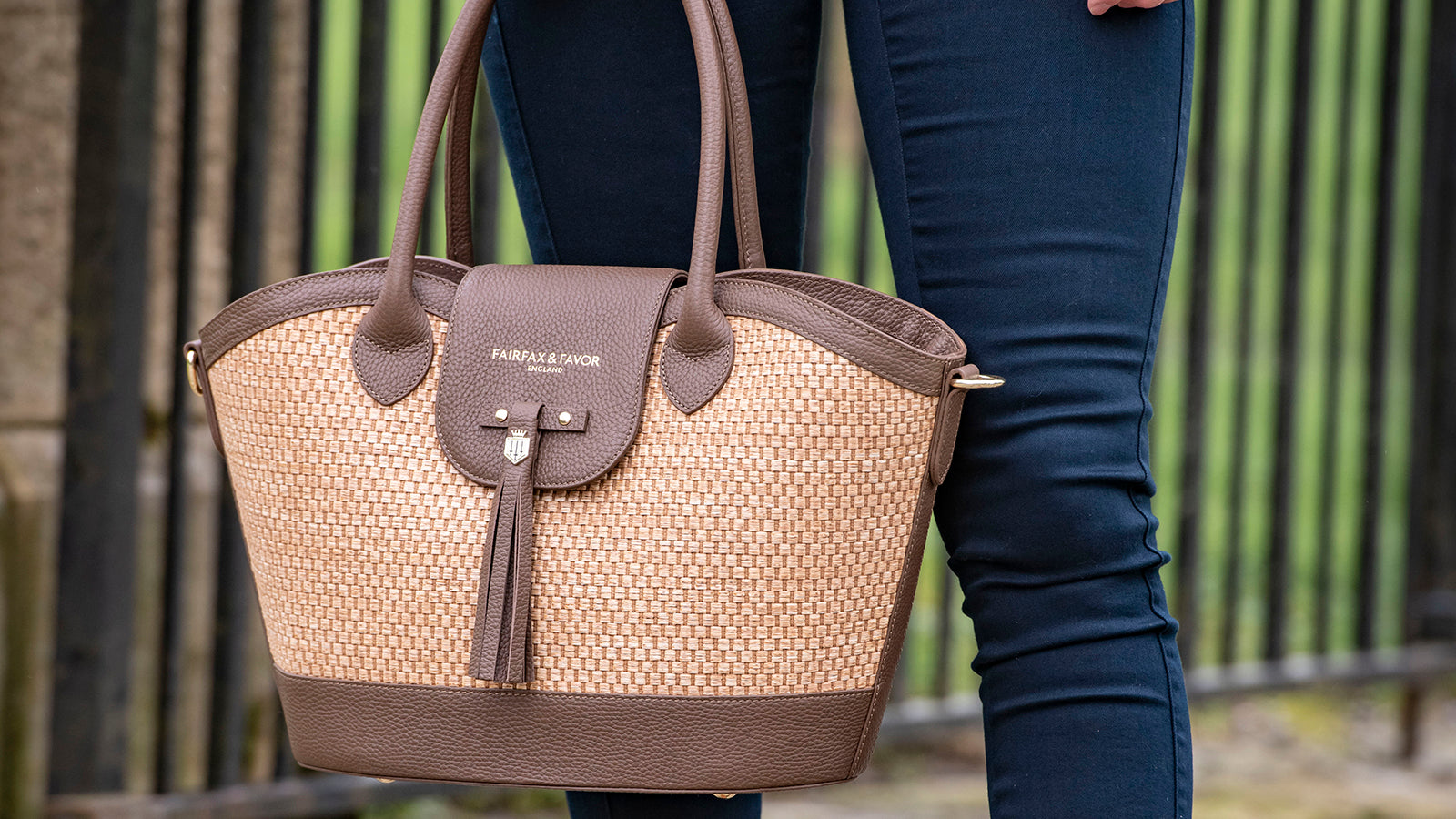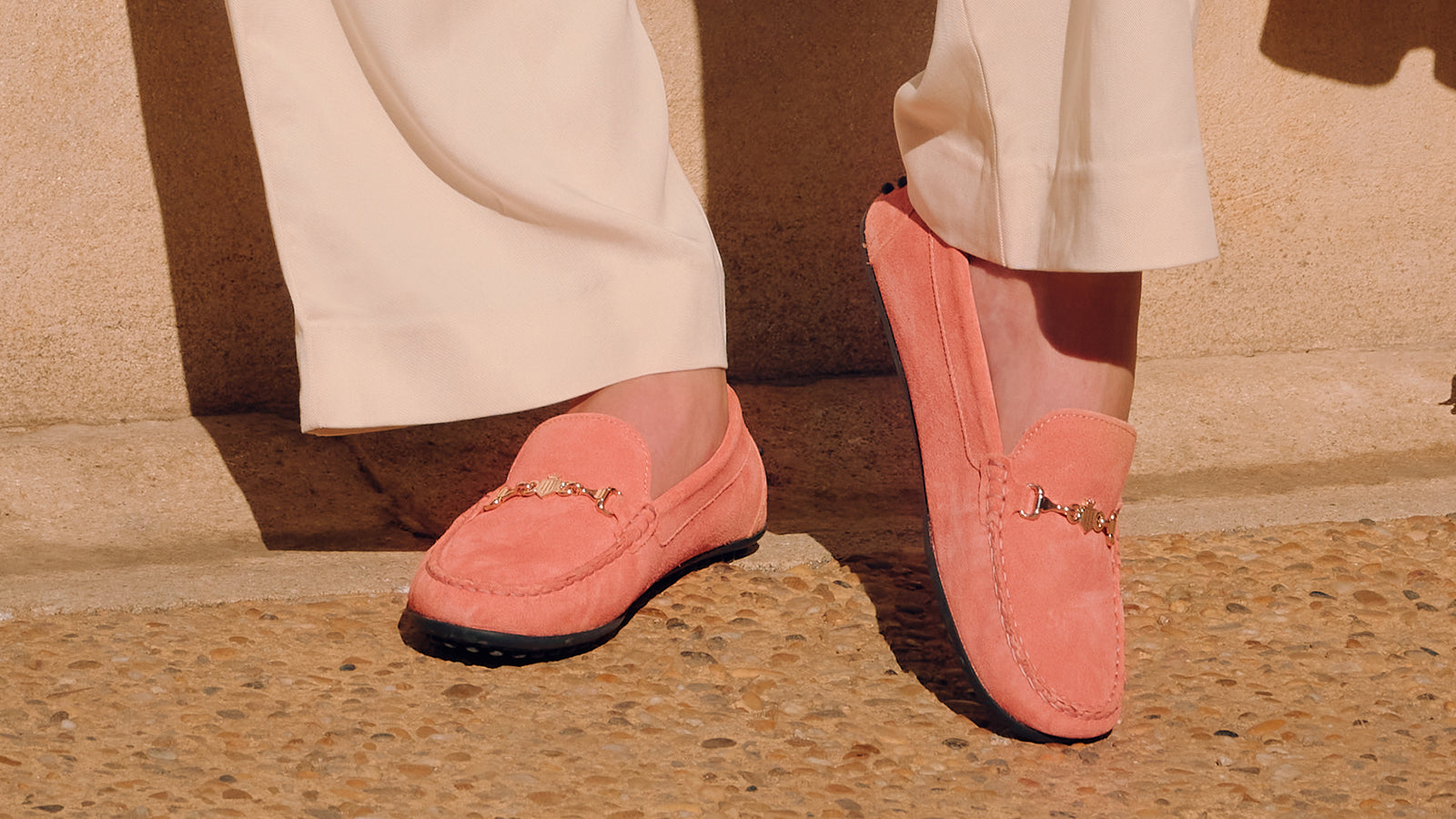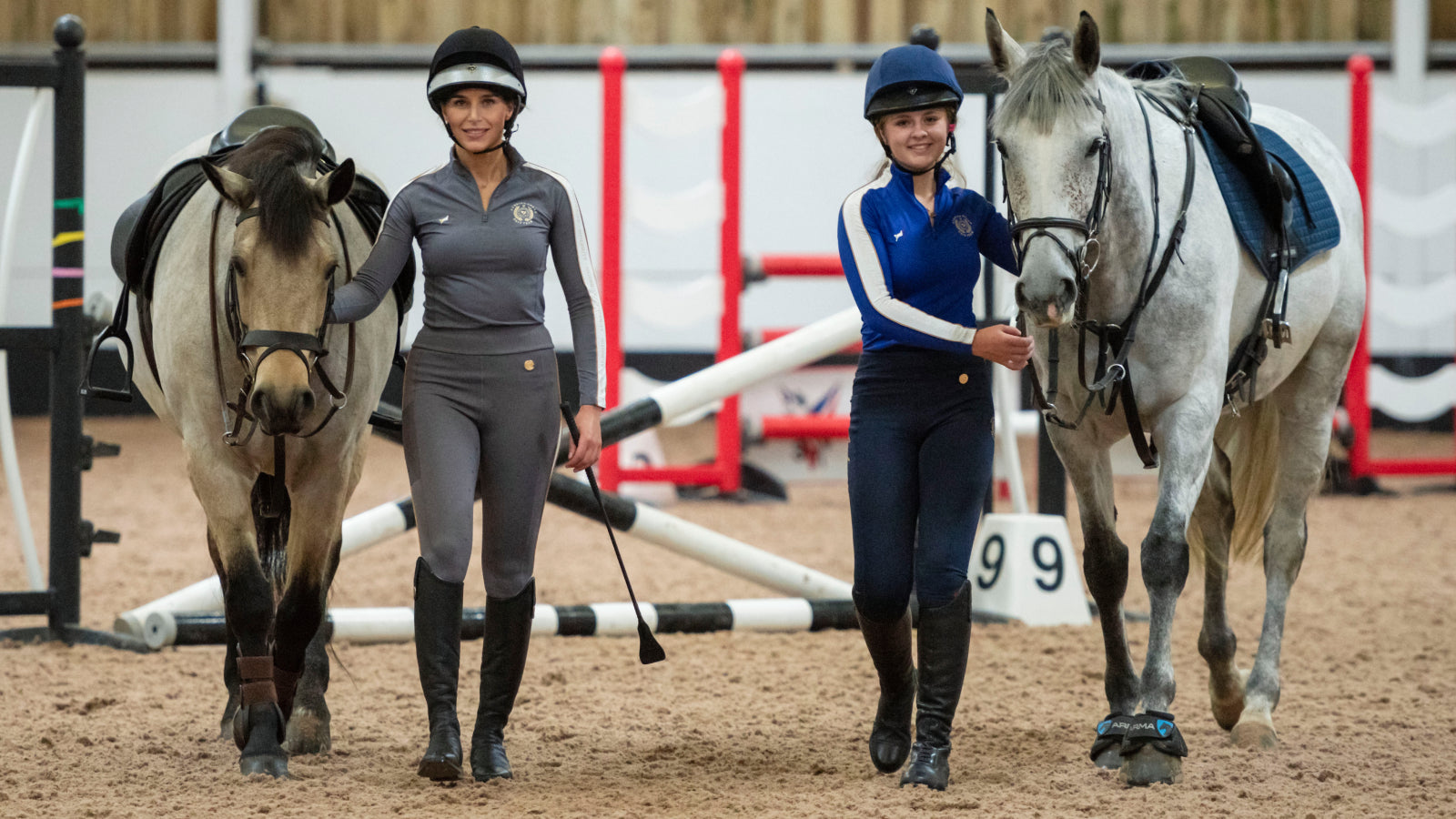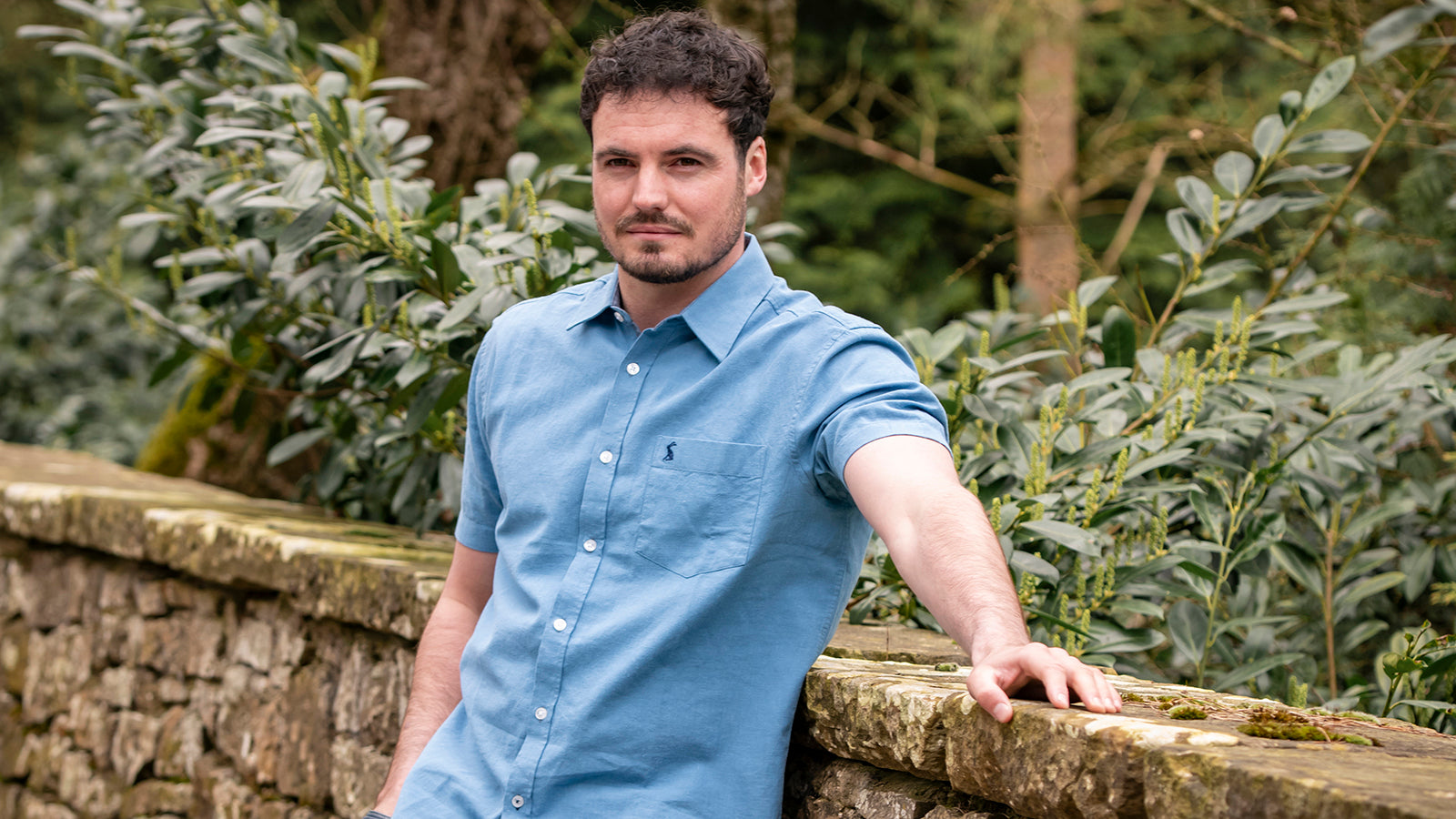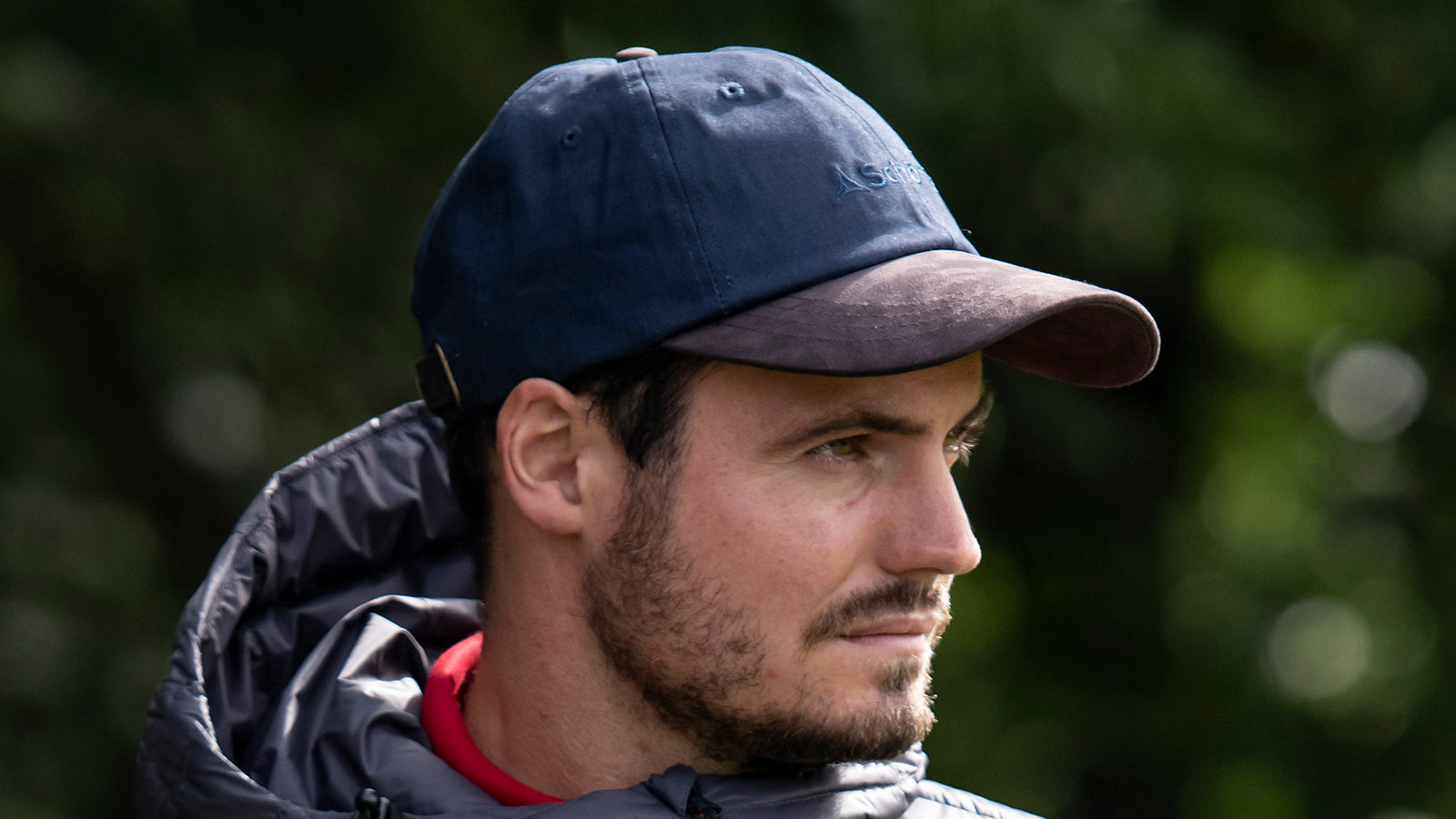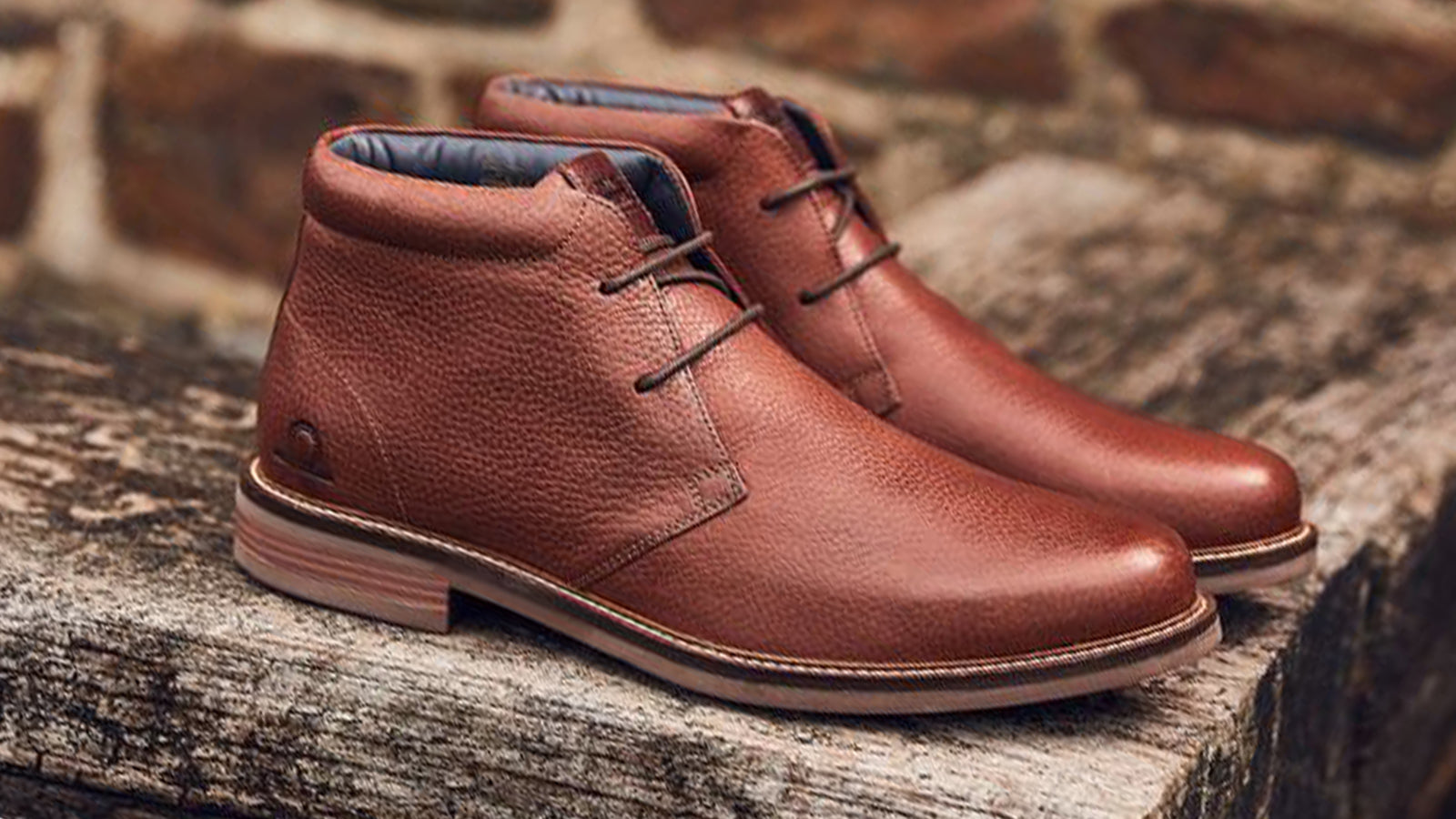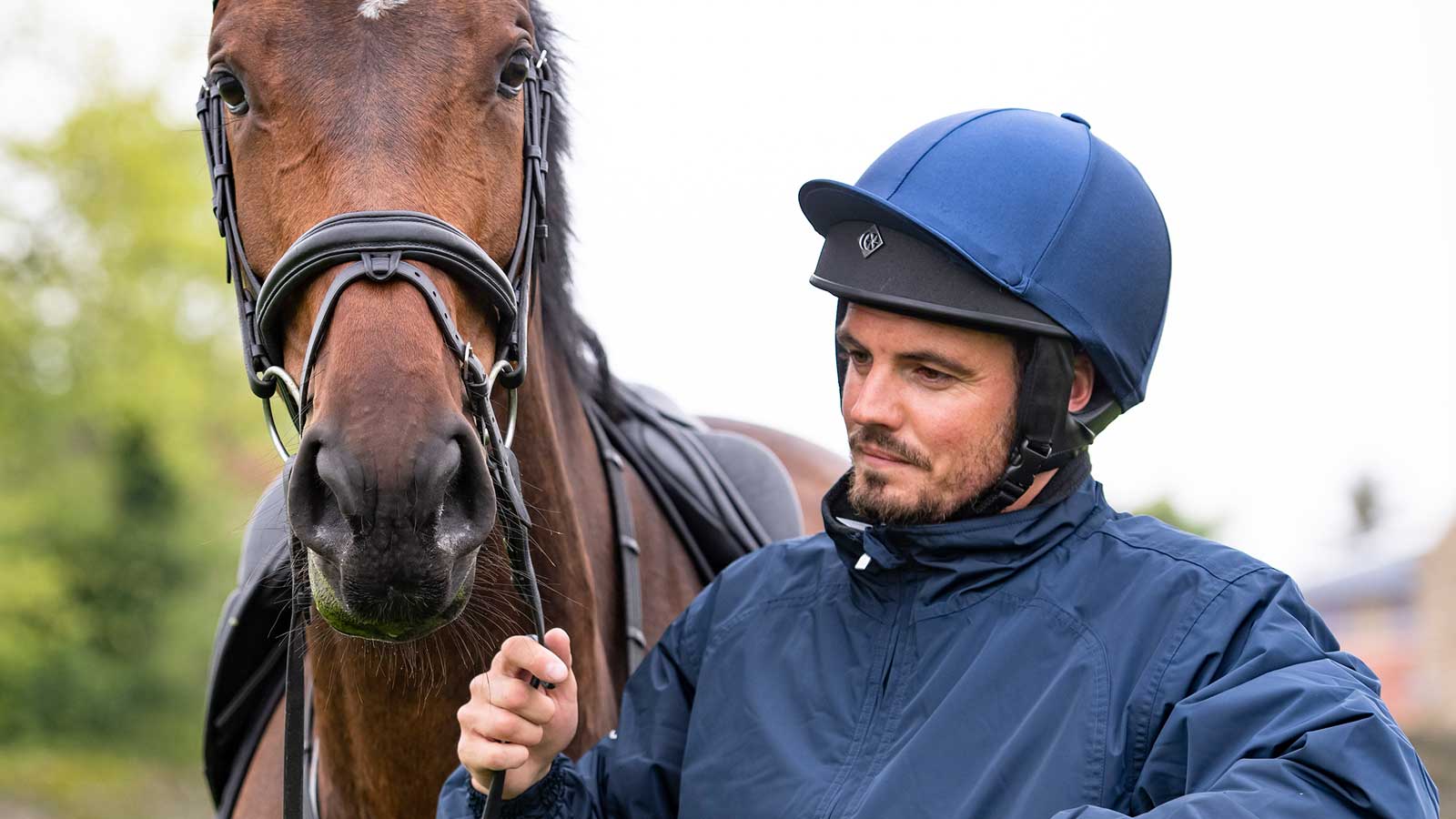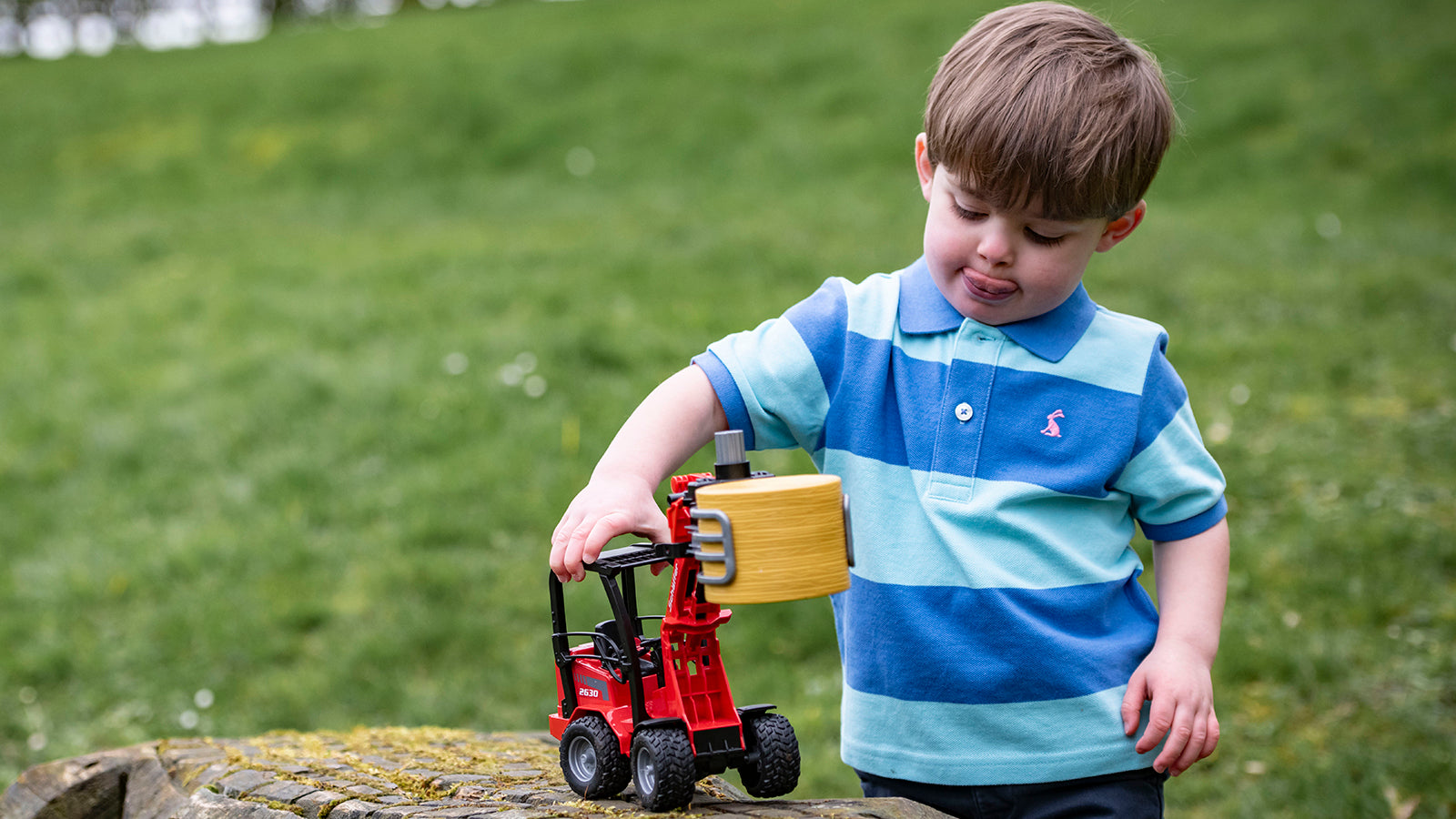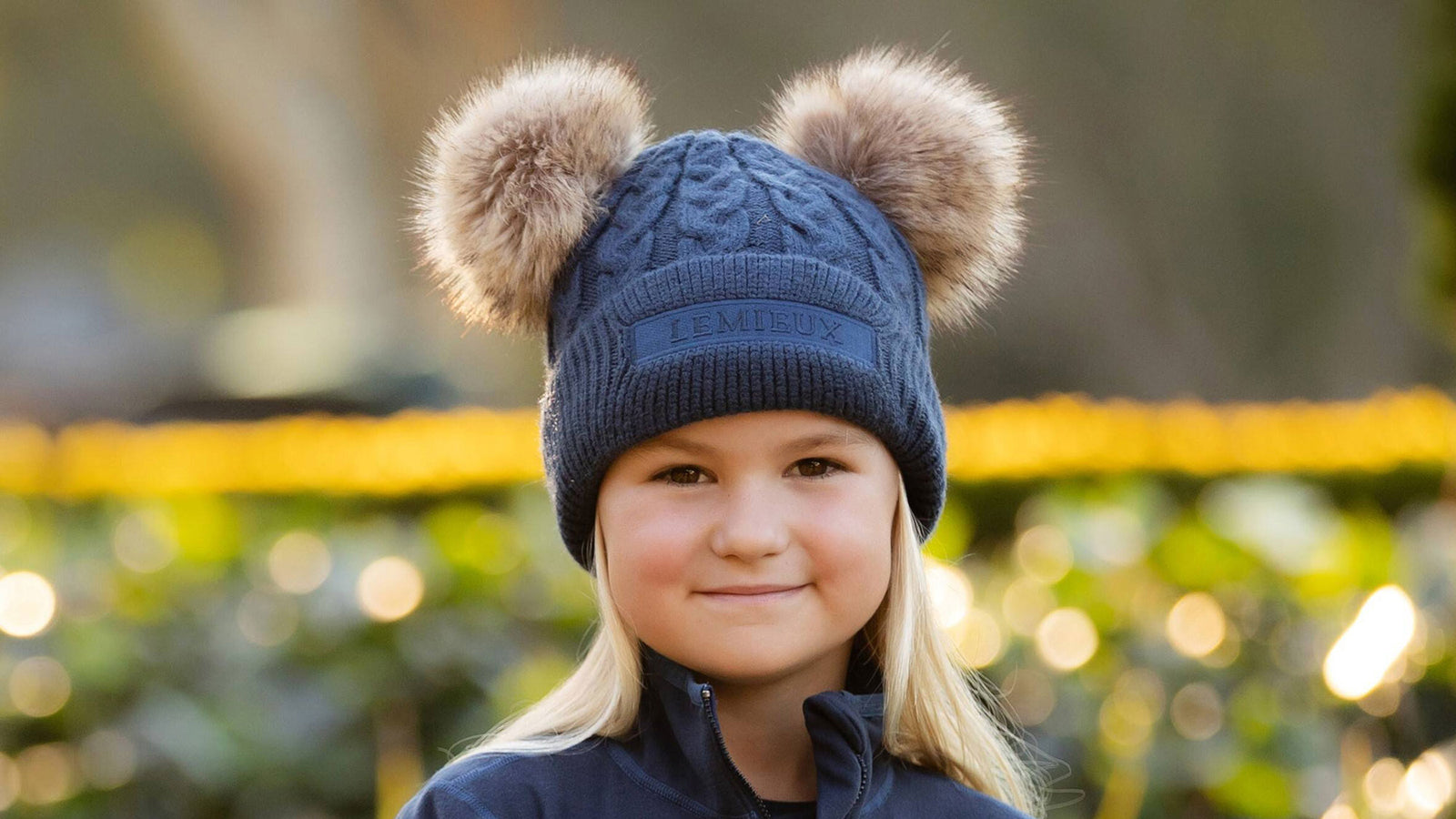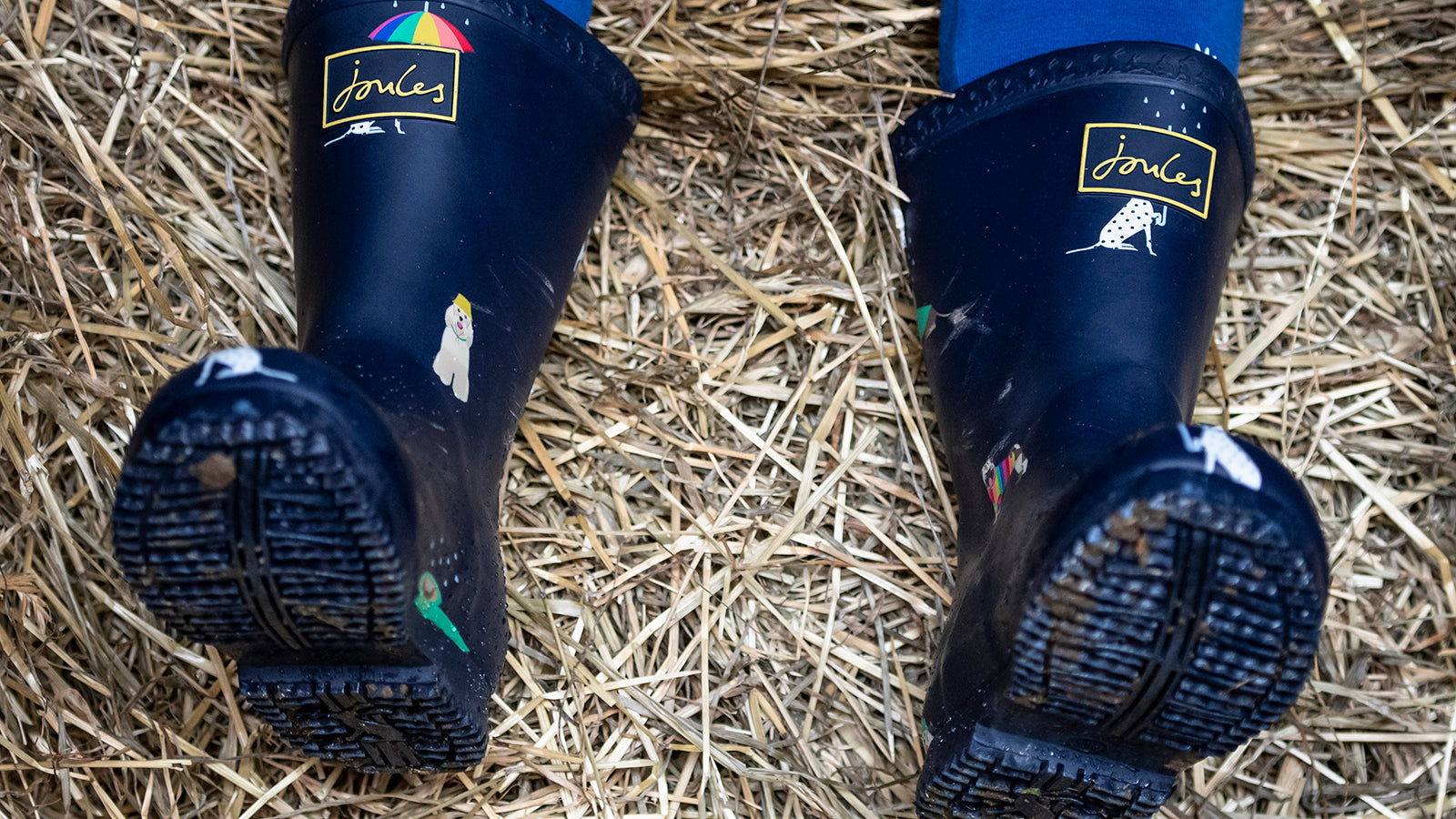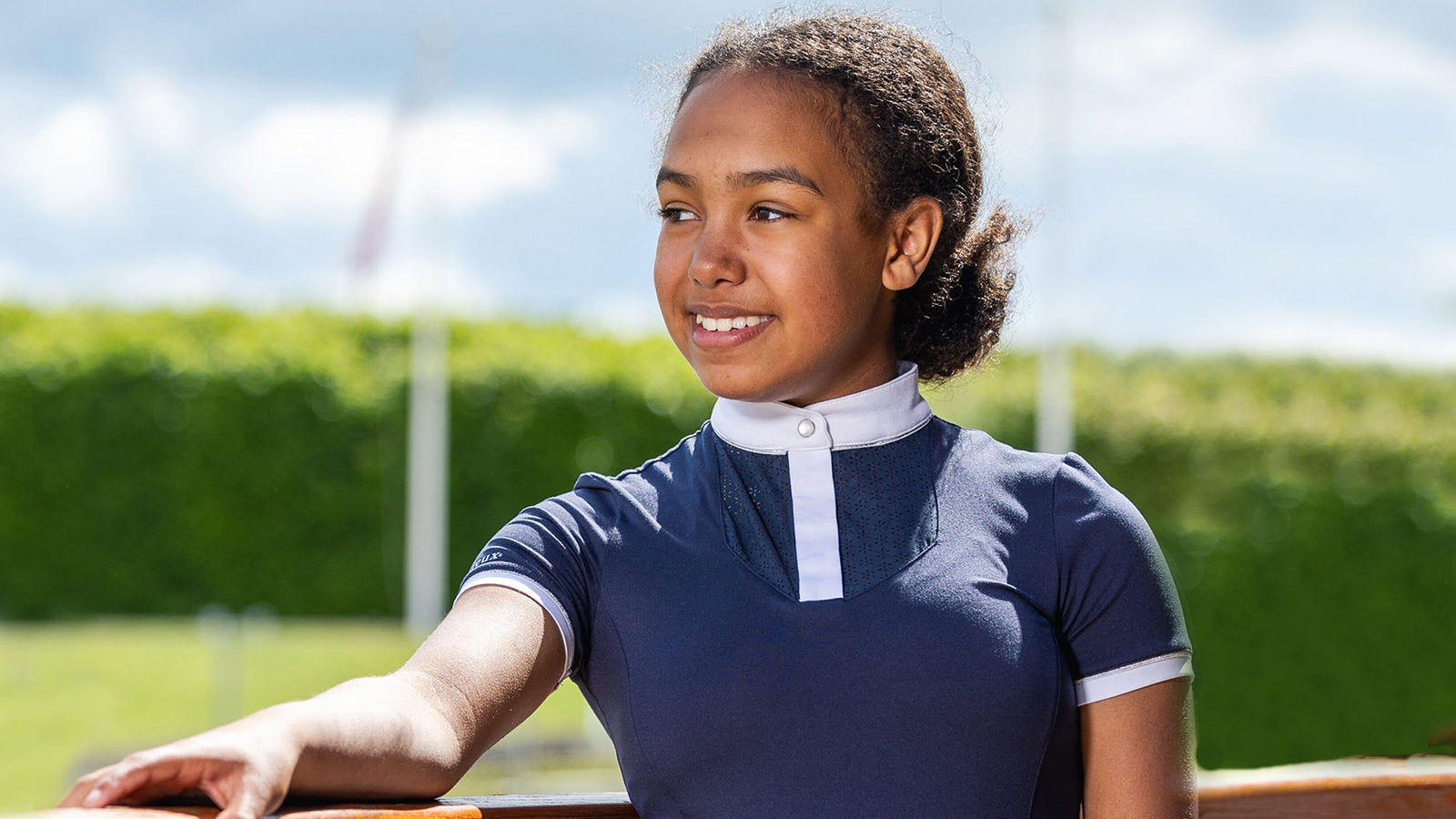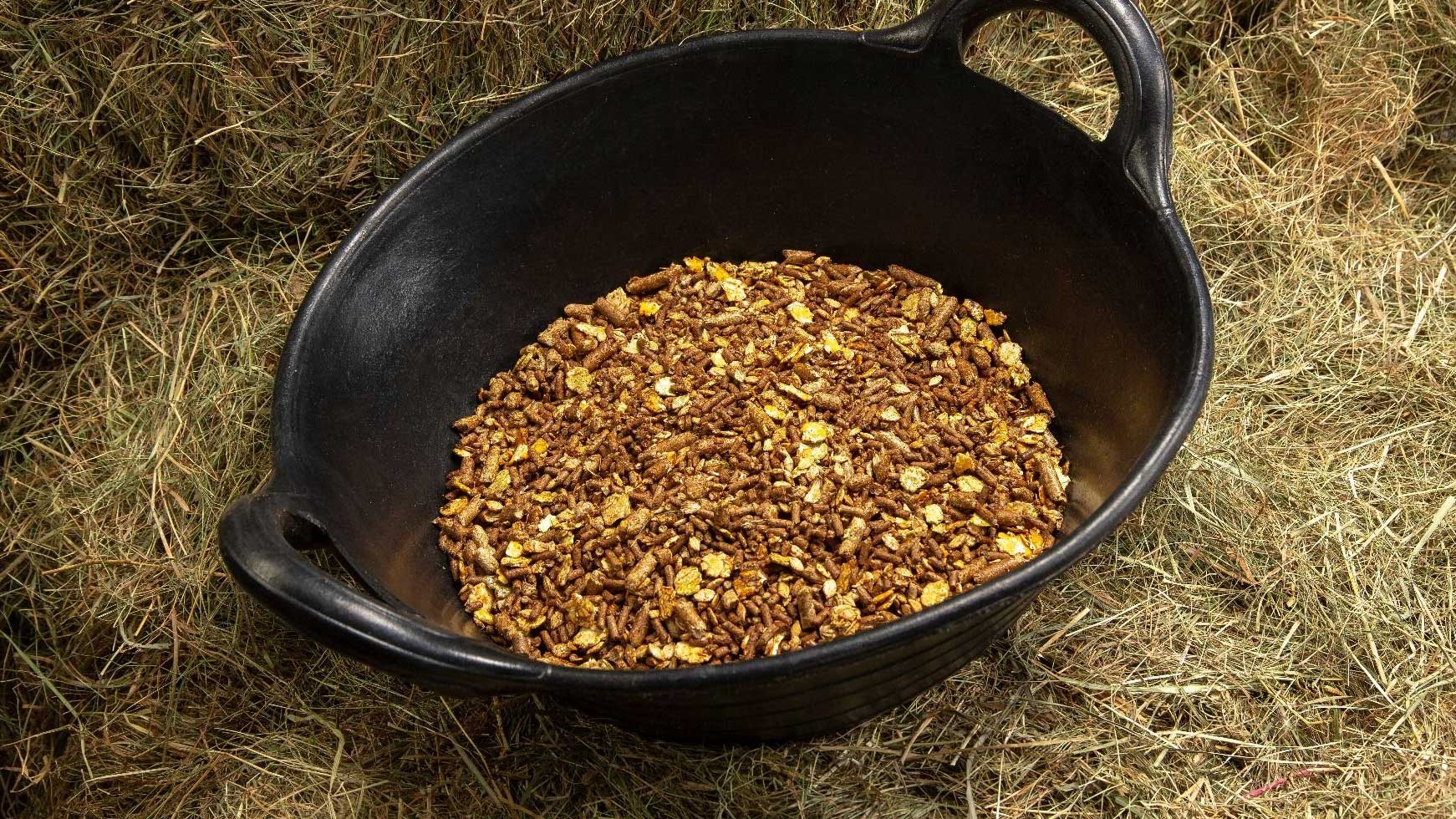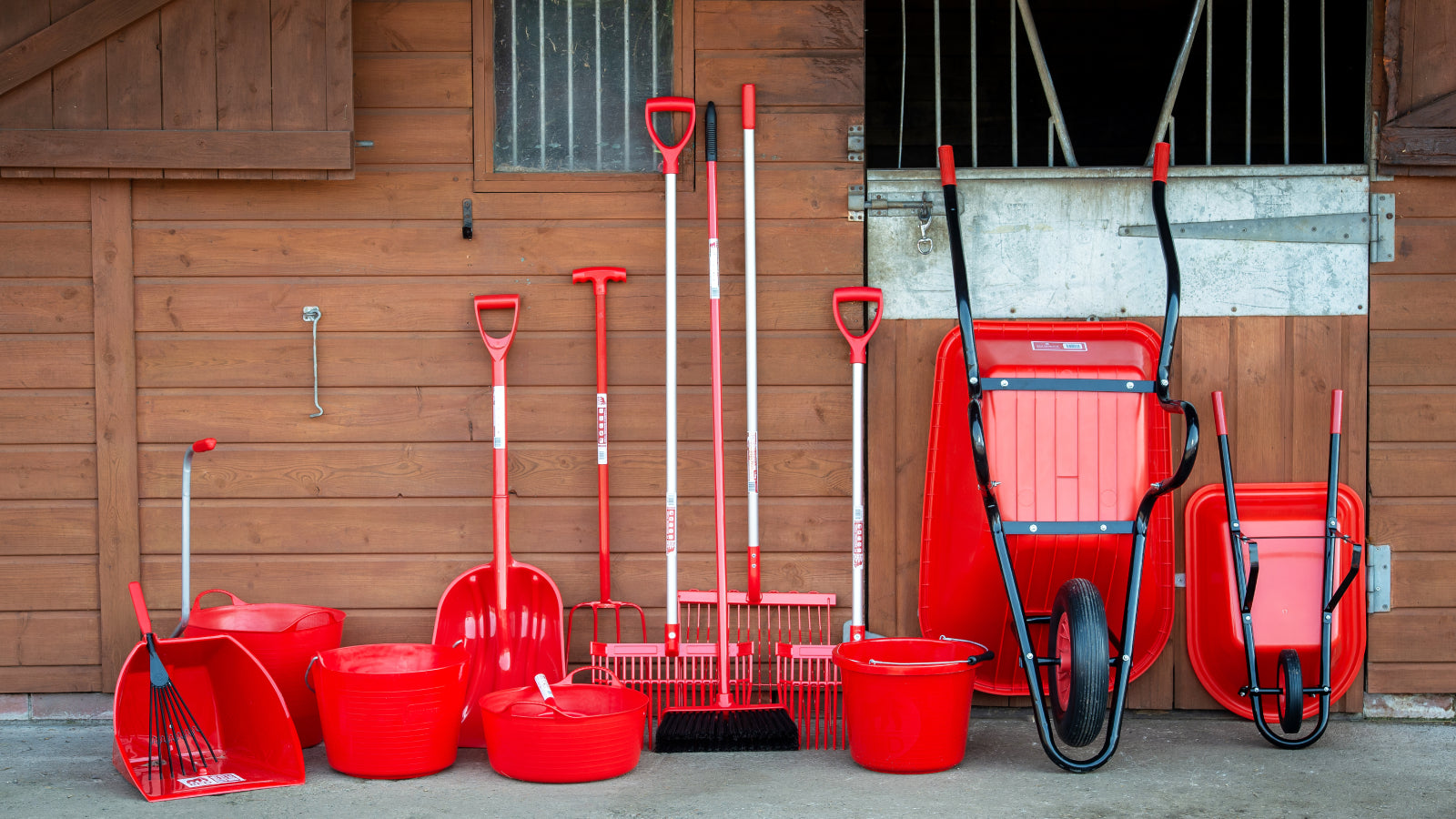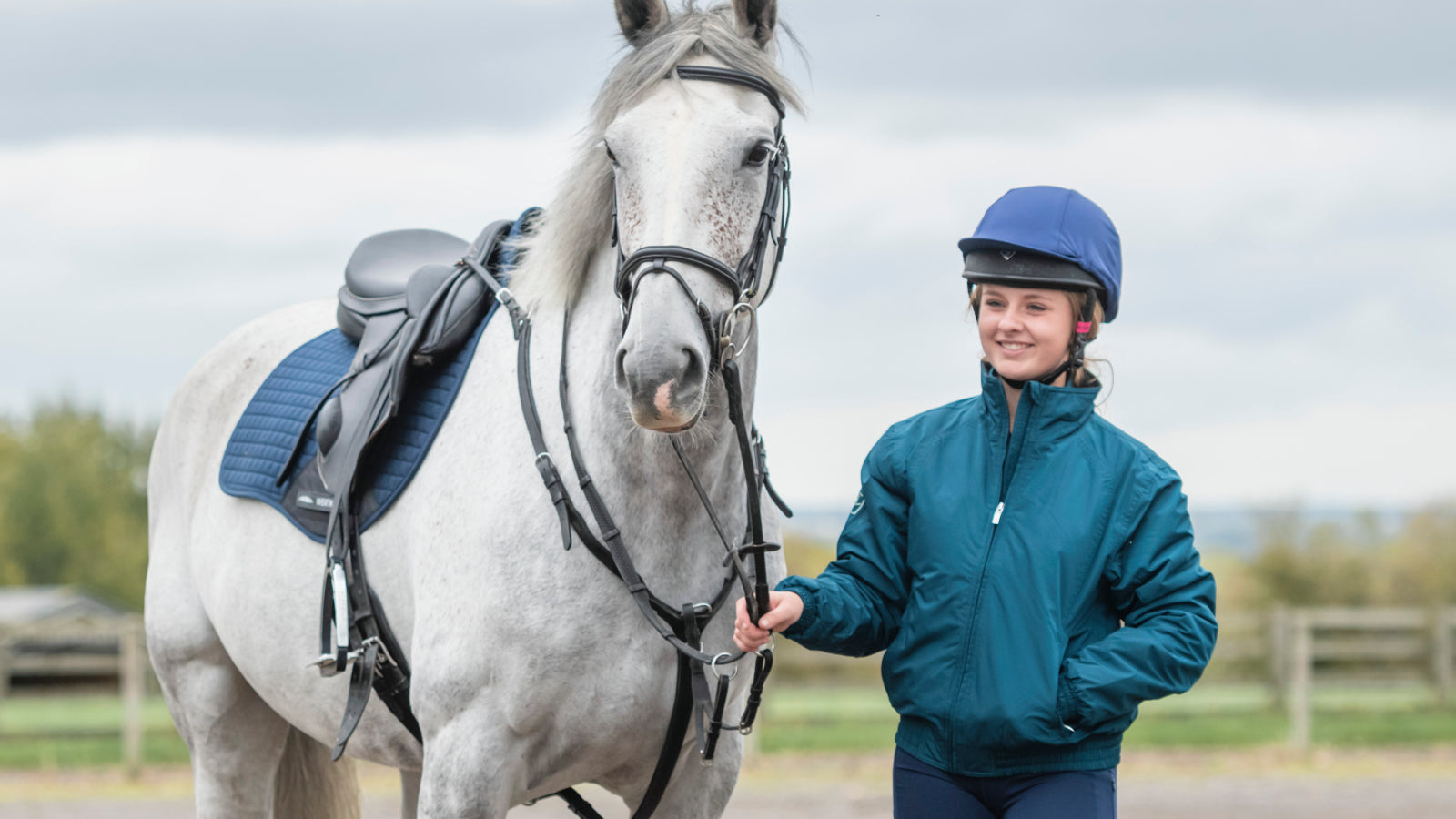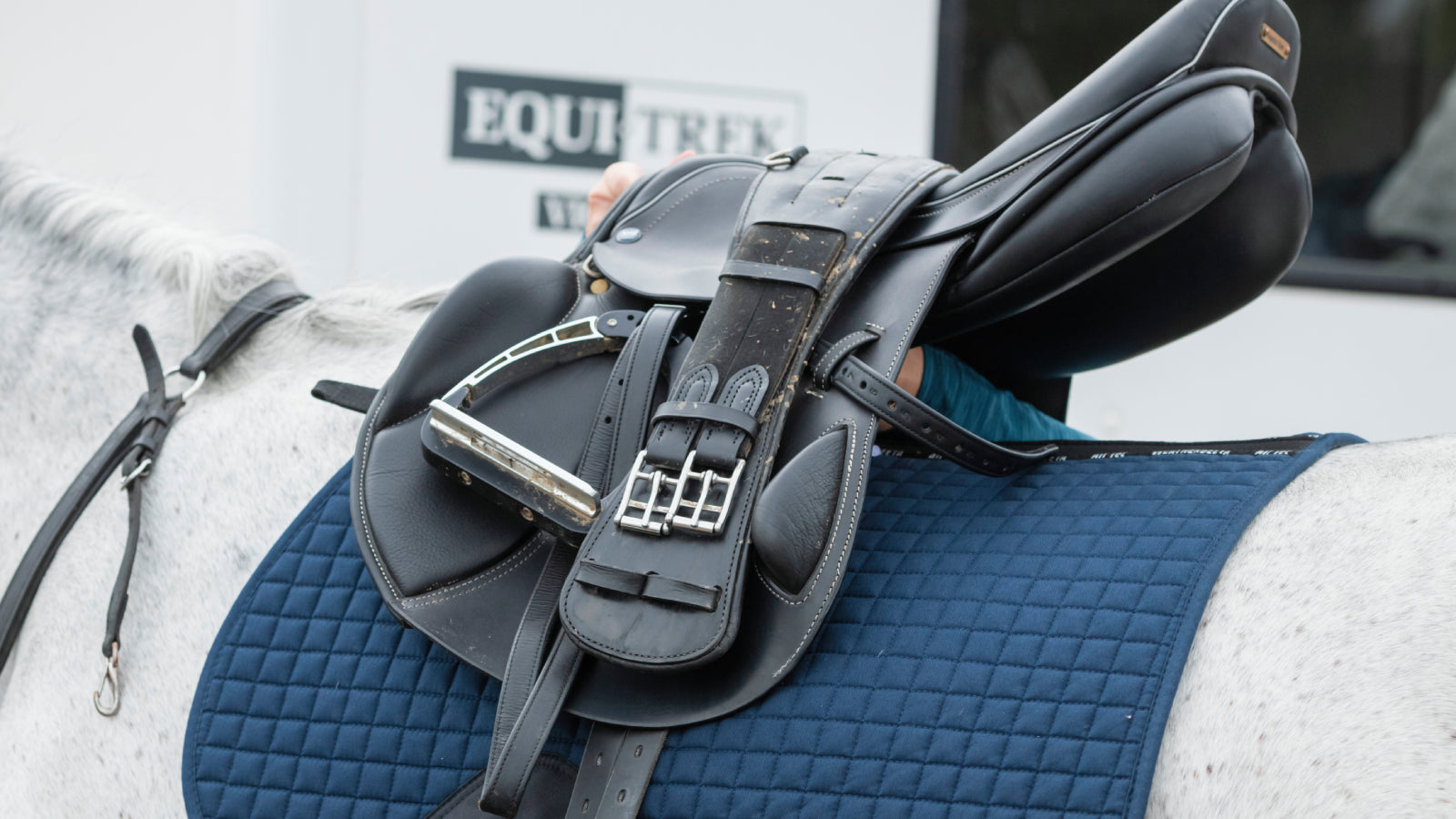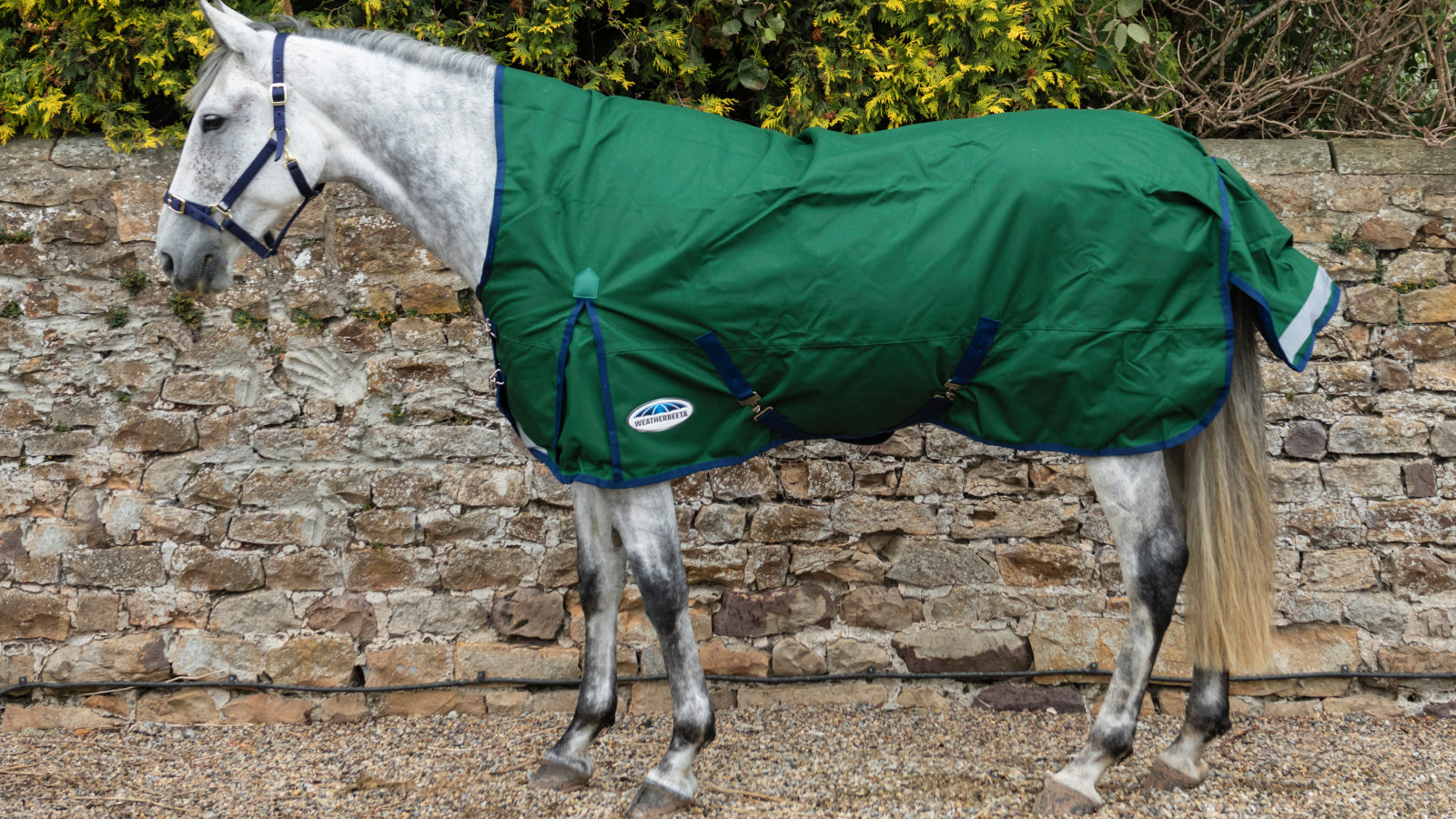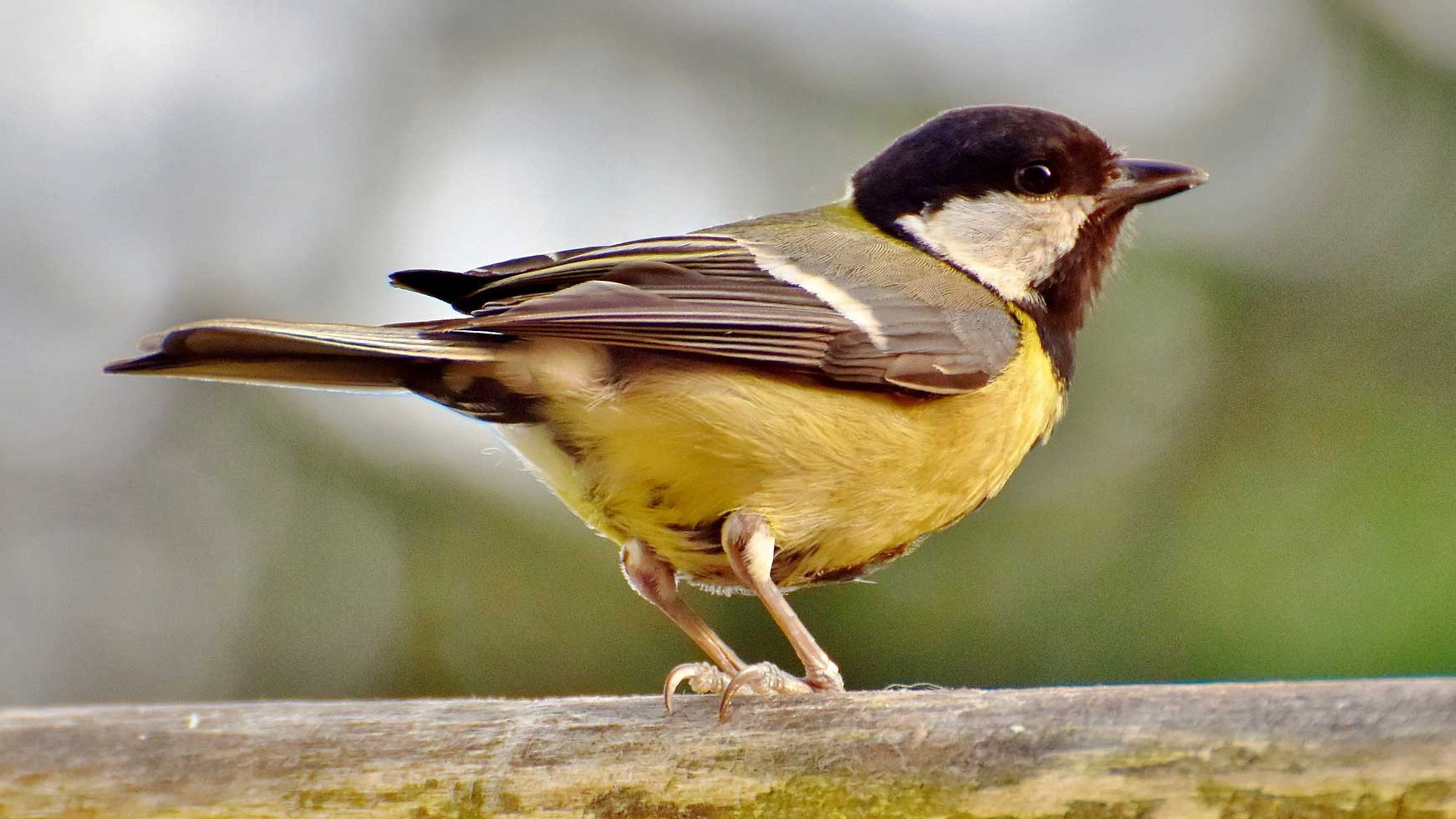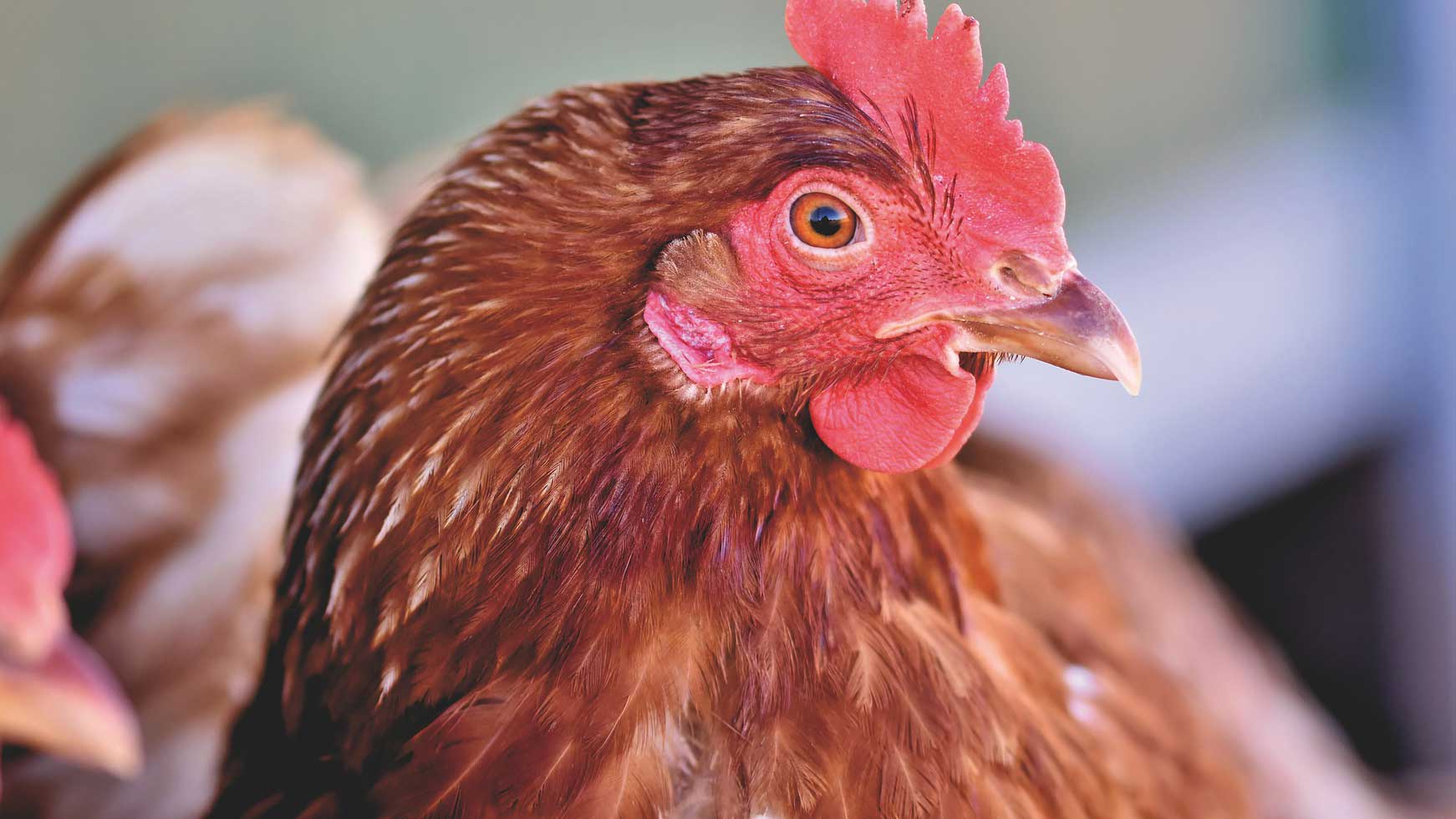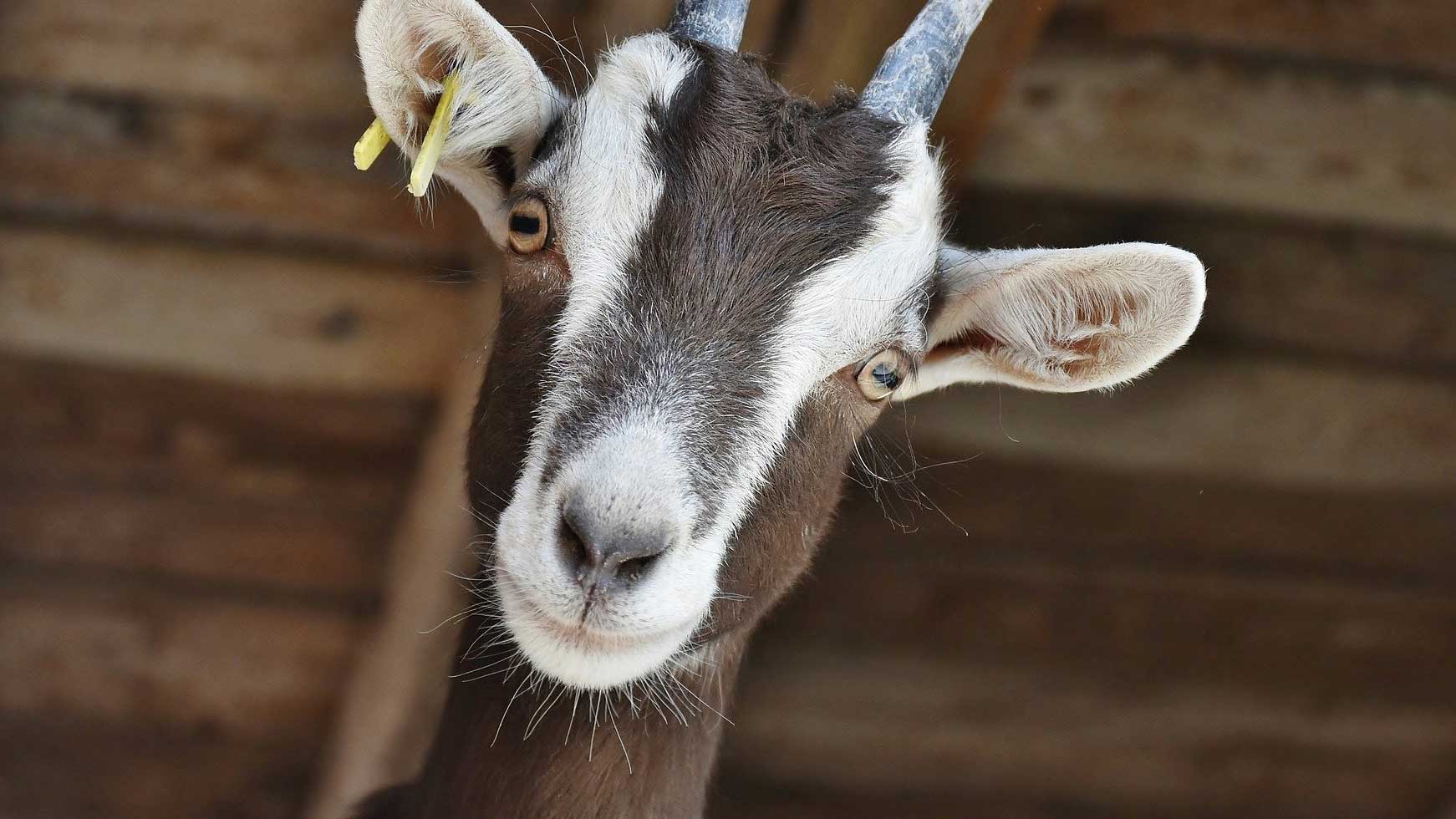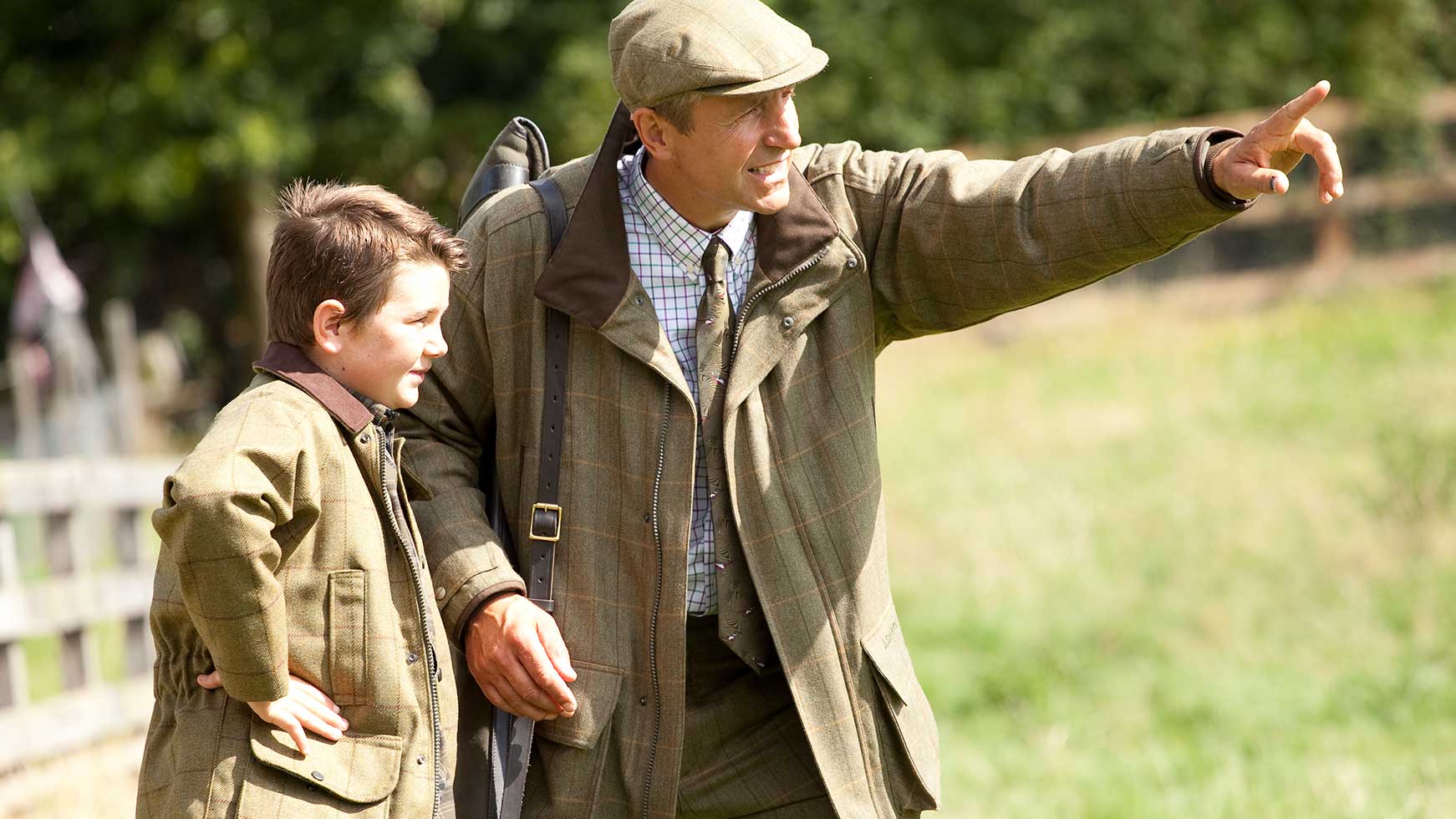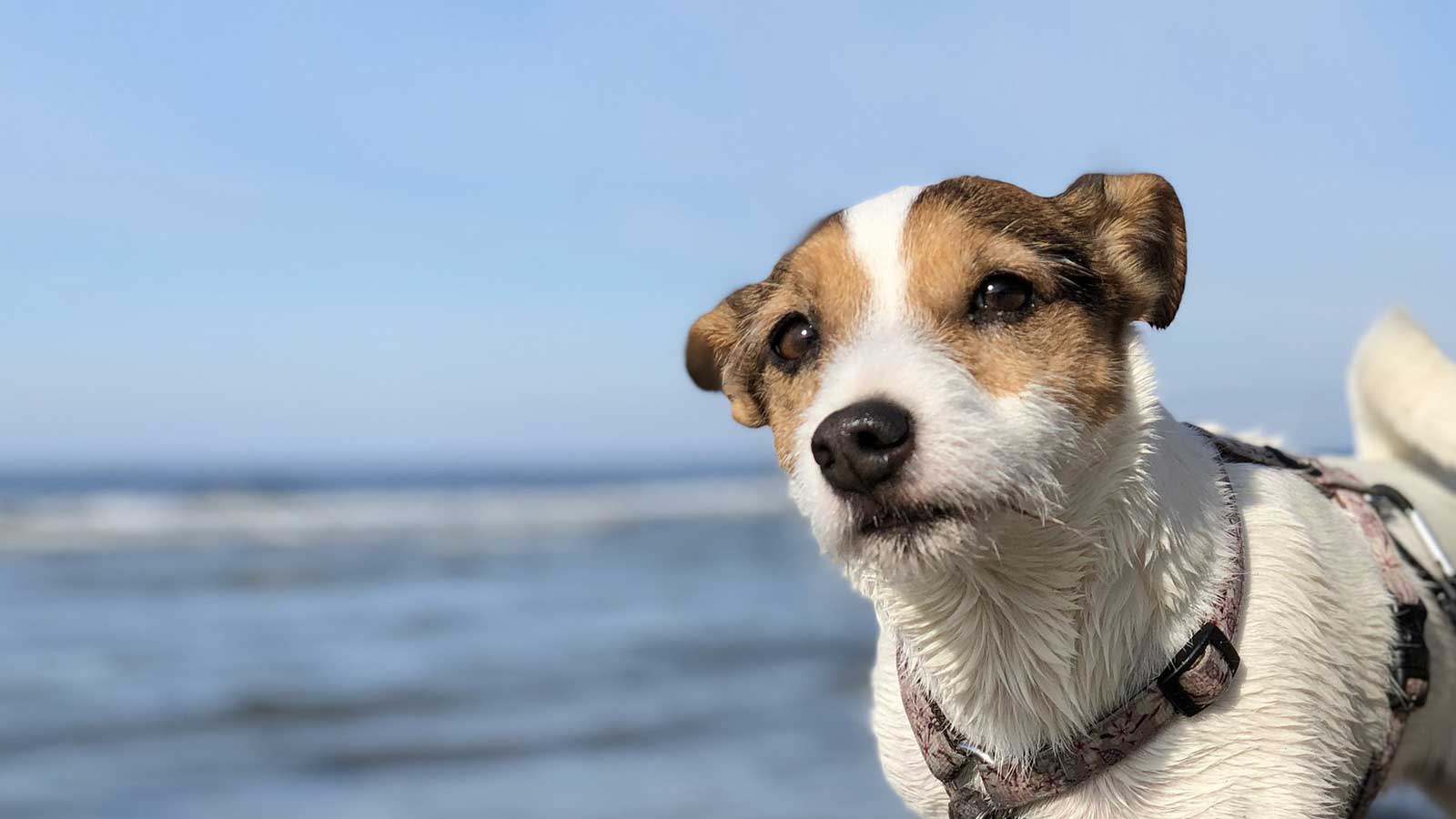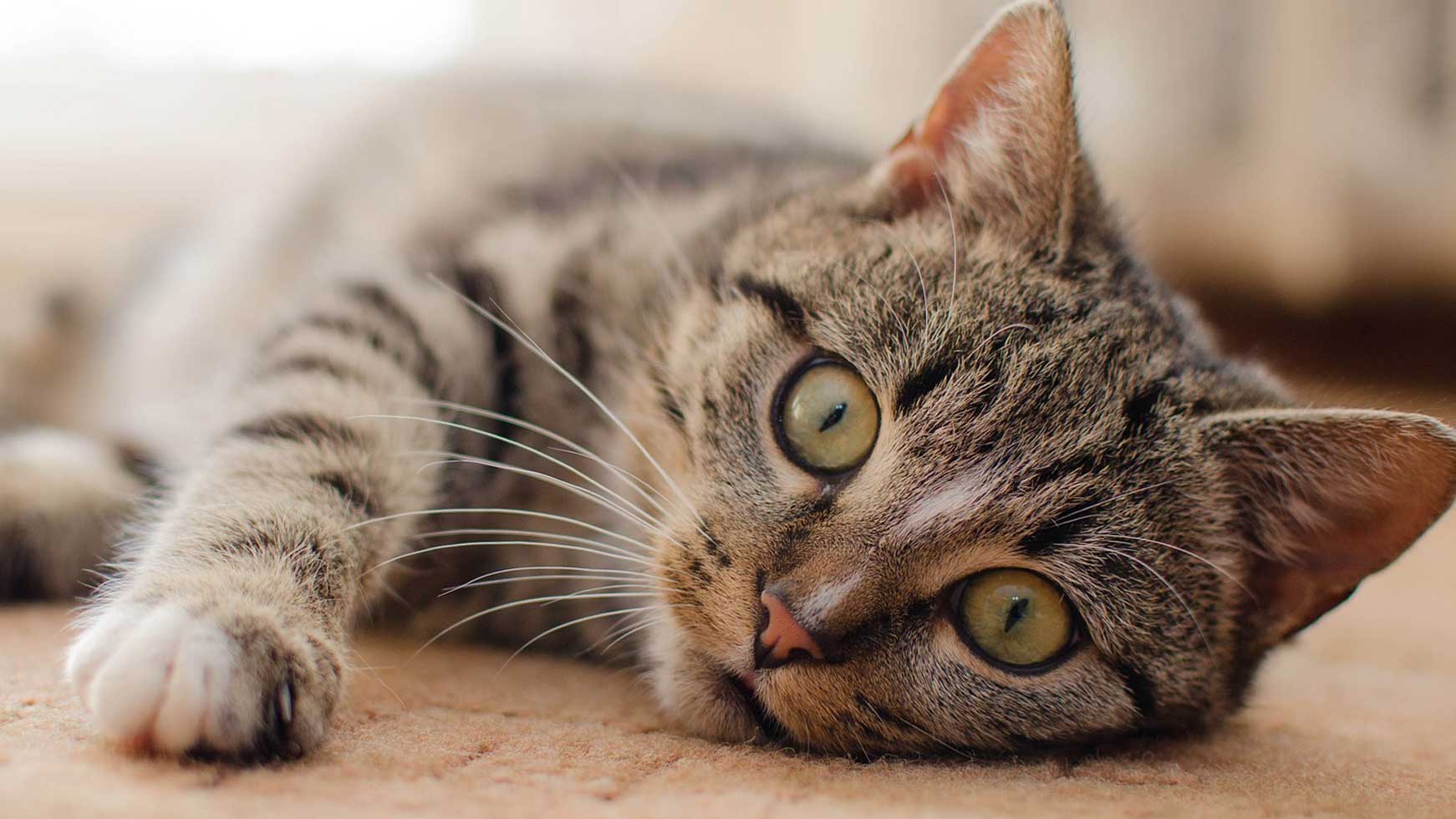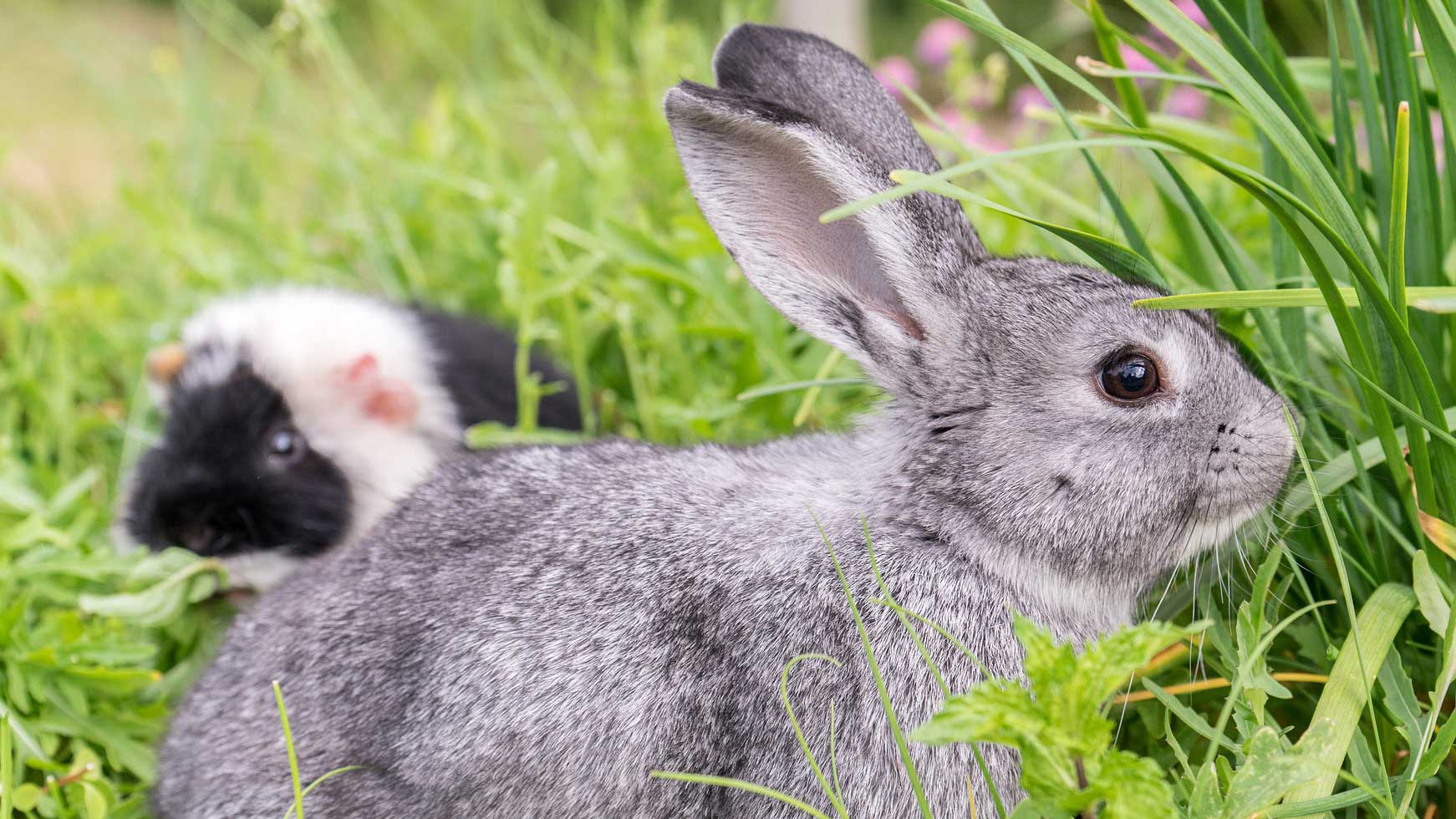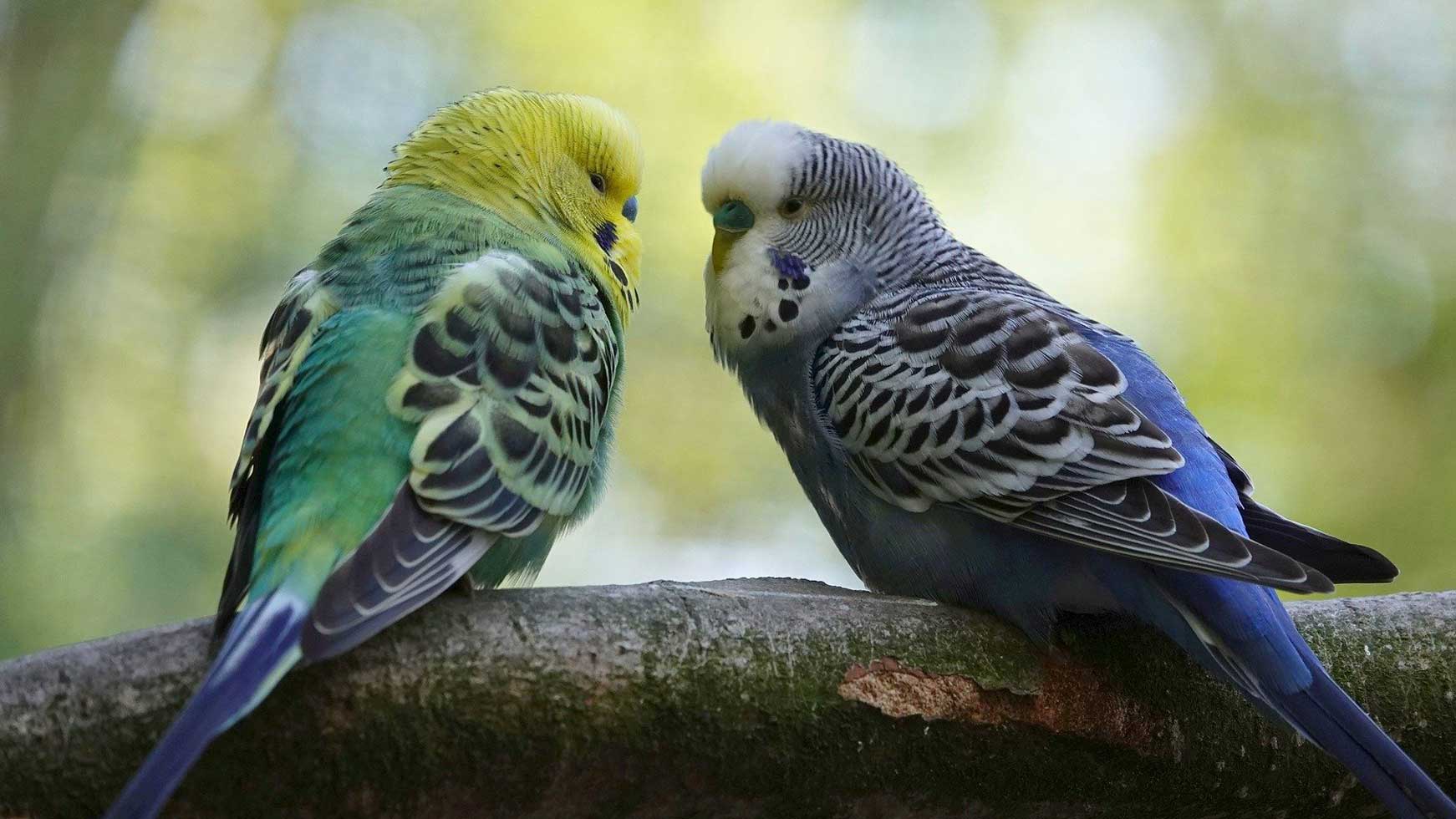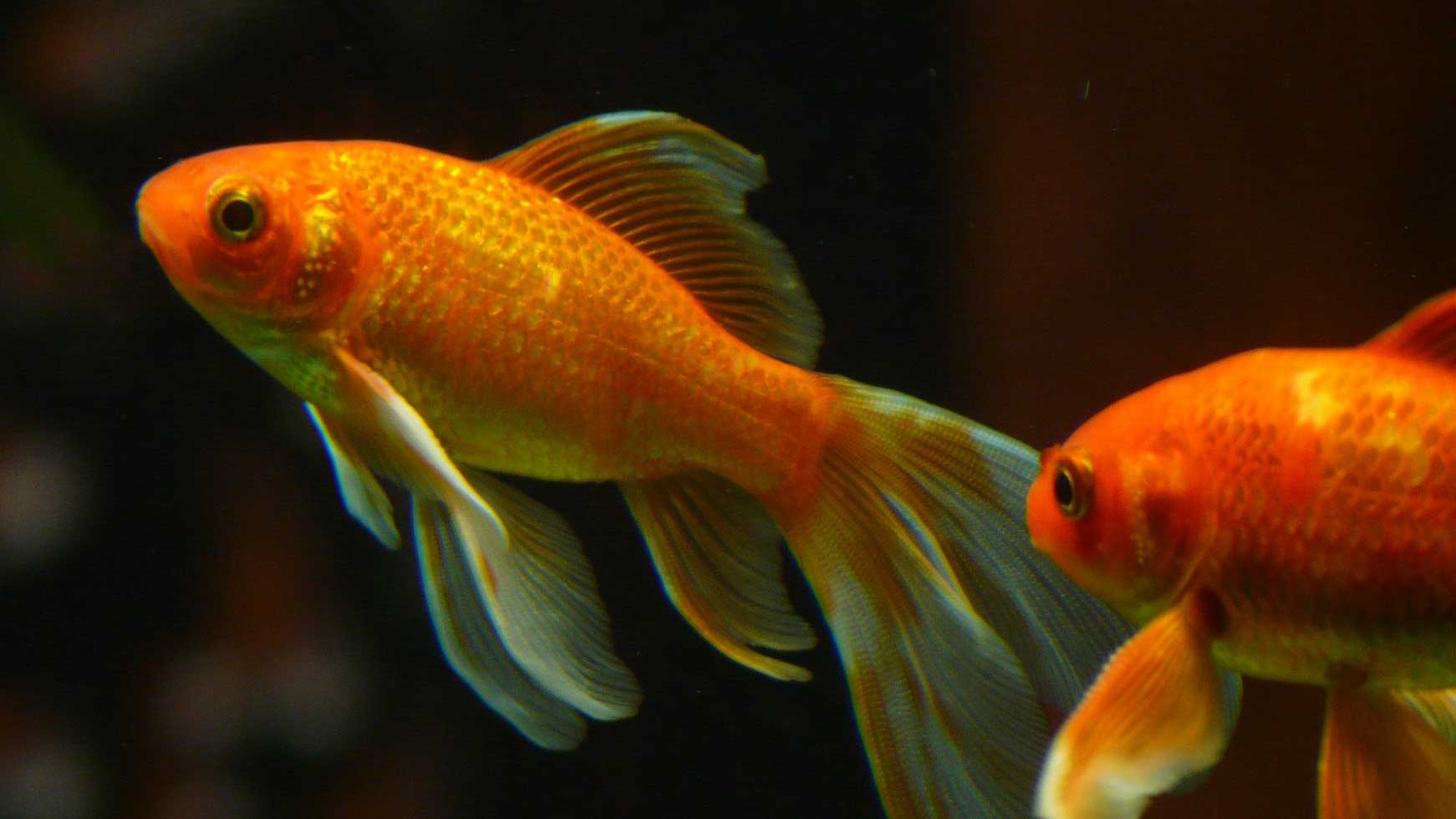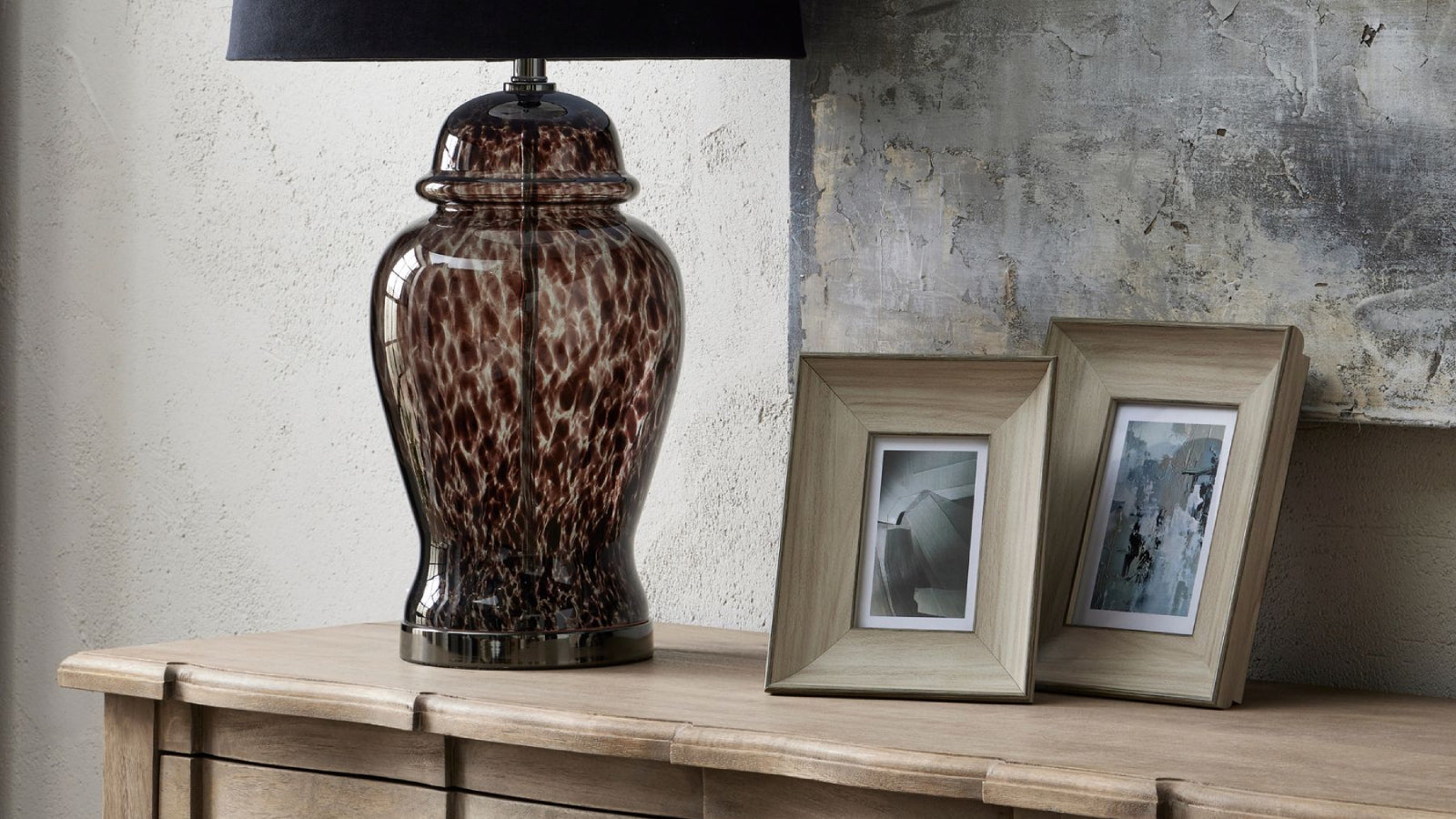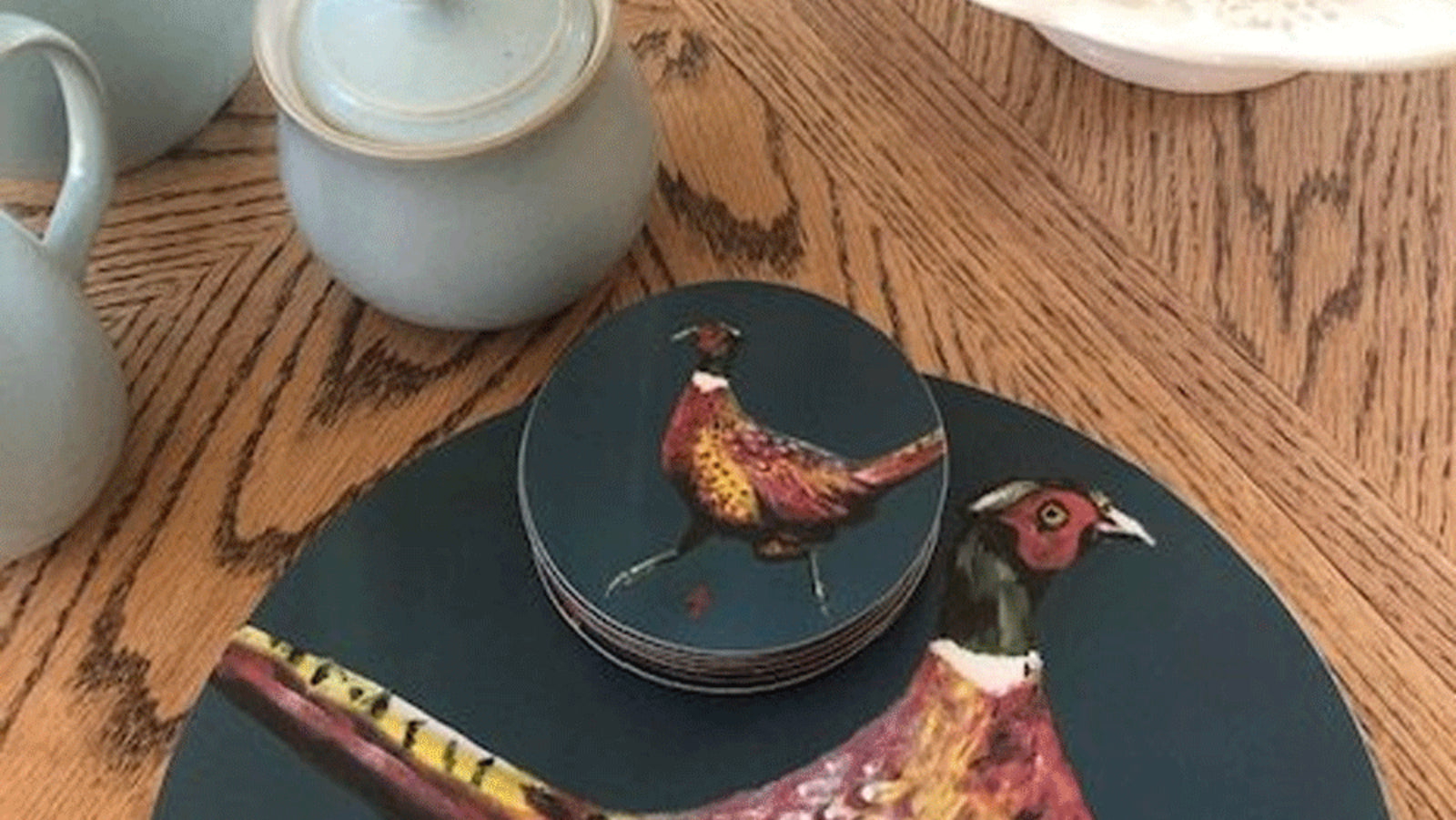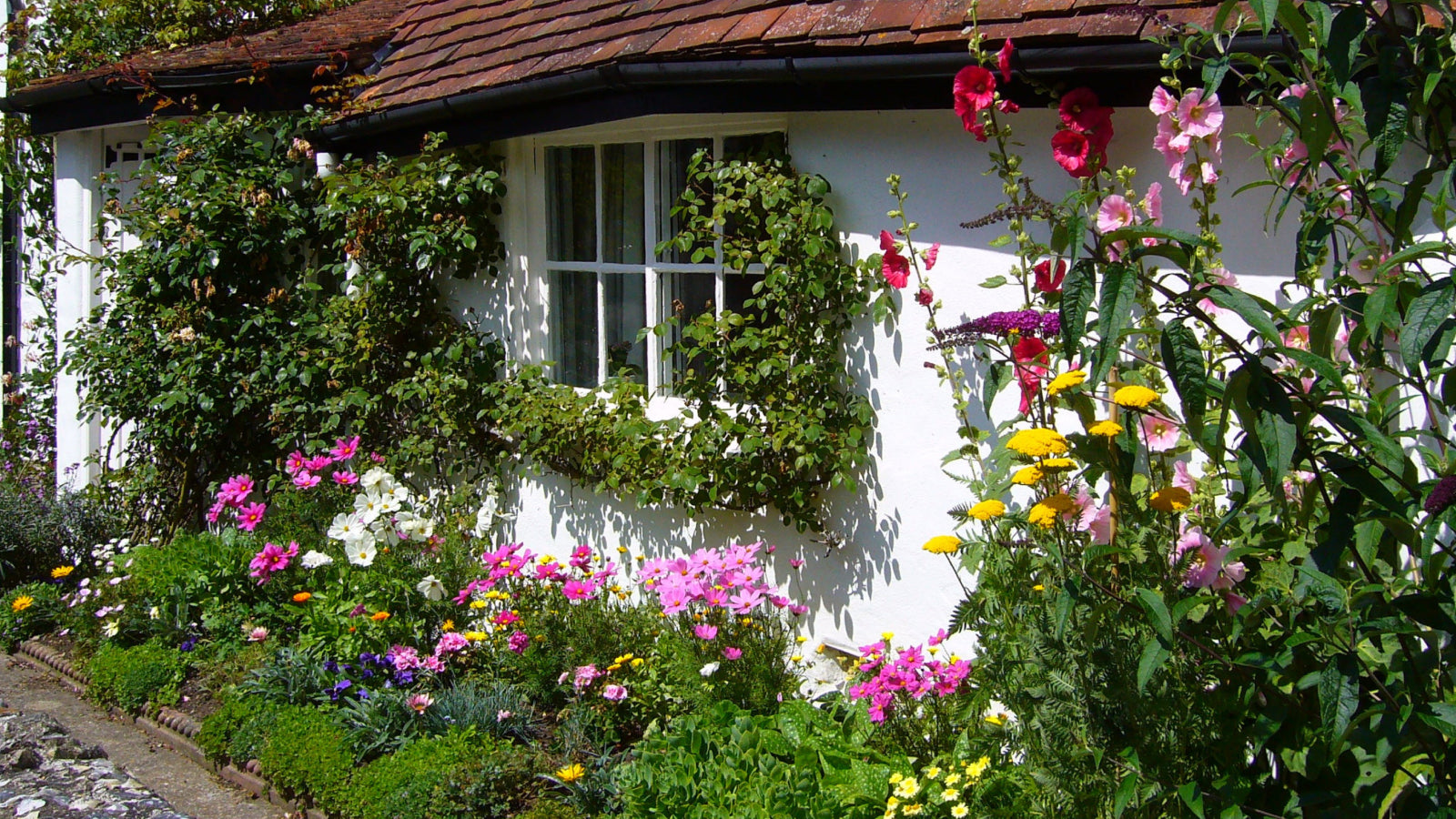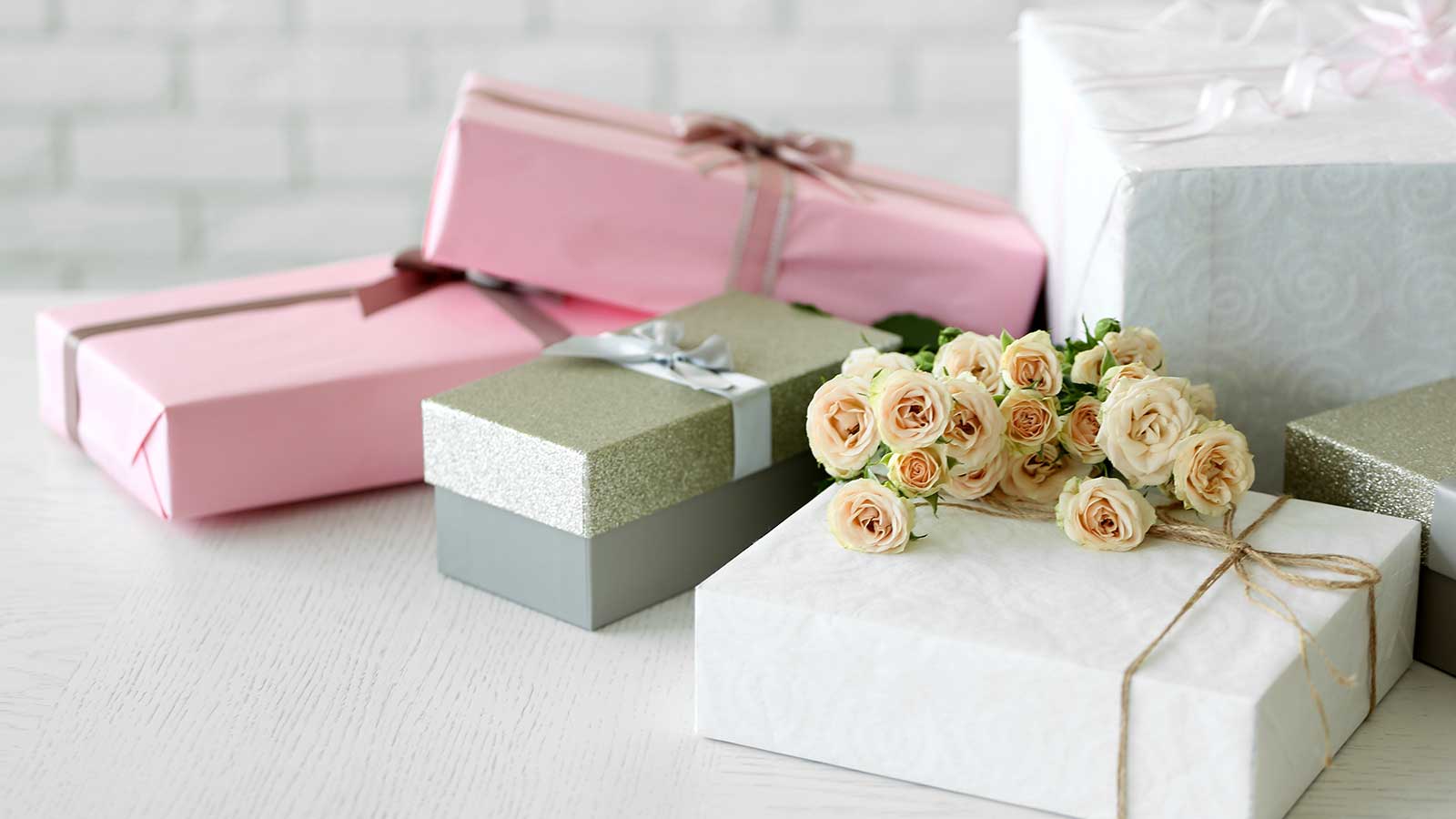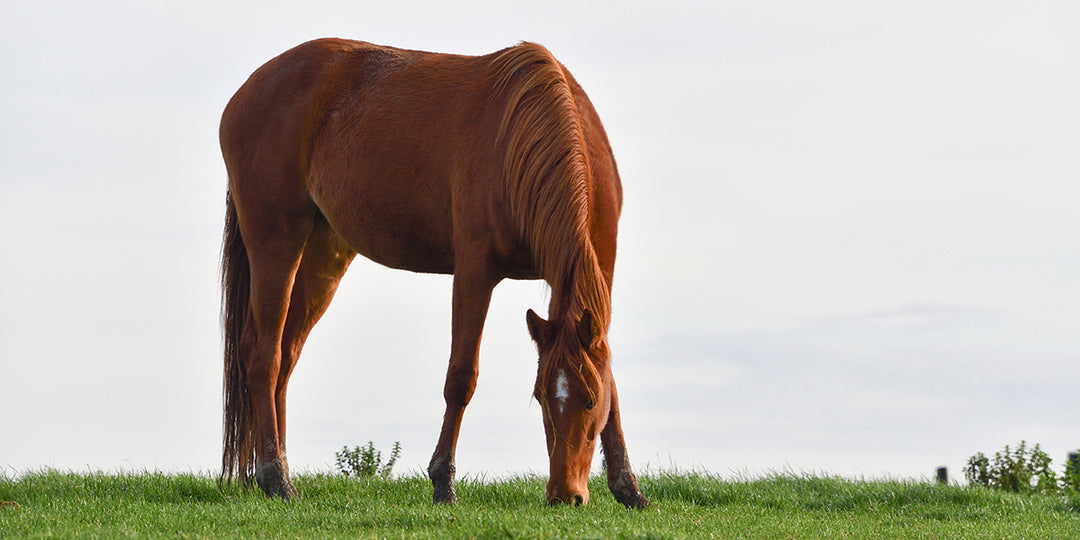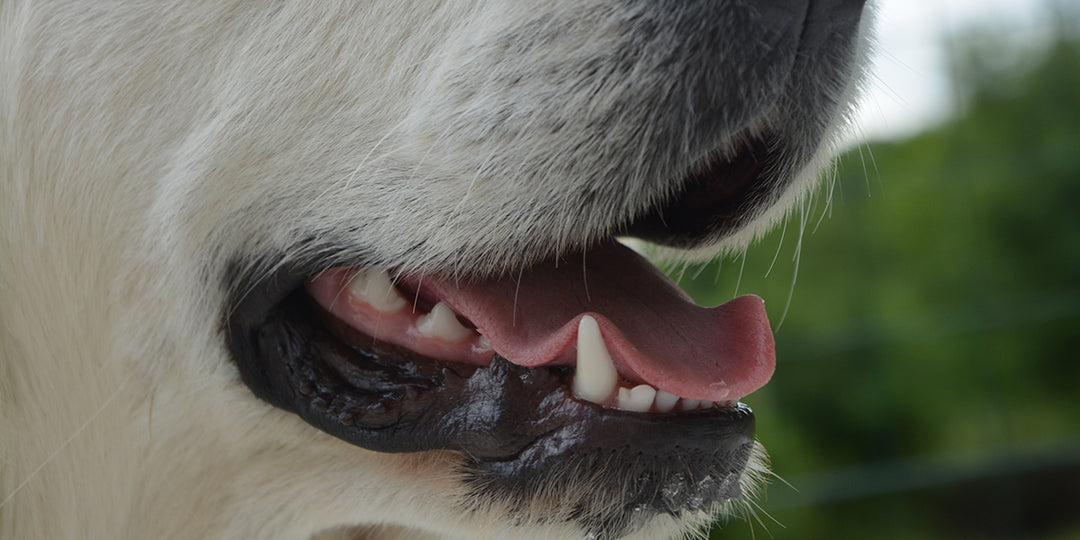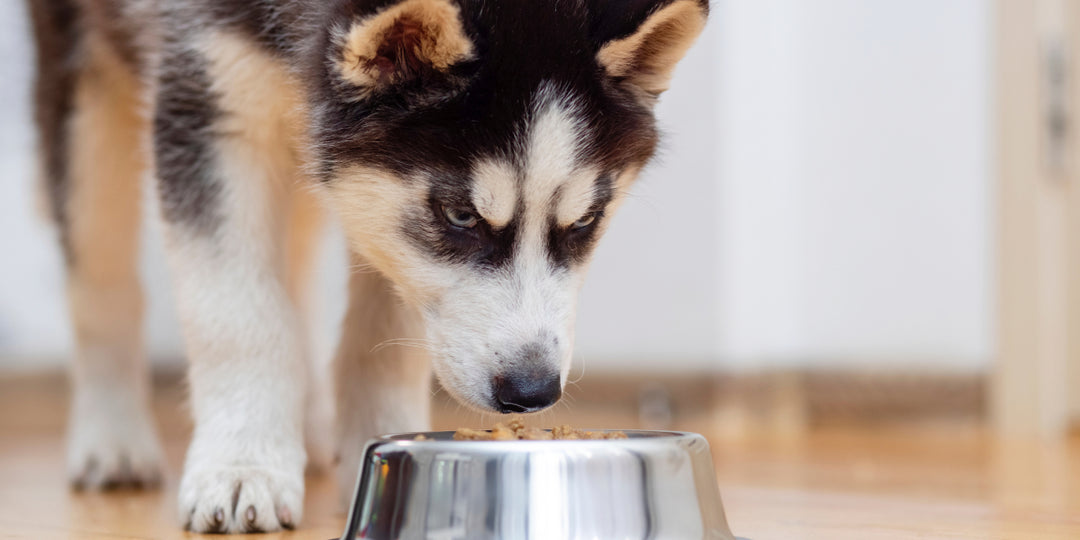Clipping your horse - what you need to know
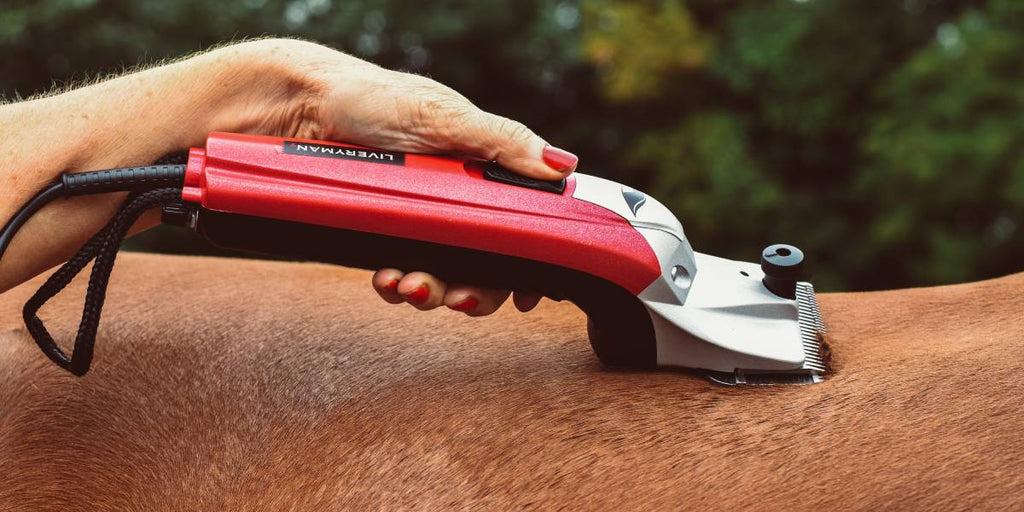
As the weather changes, so does your horse's coat. It gets thicker and continues to grow until the end of the year. So, to clip your horse or not? This is probably one of the biggest questions horse owners ask themselves each year. Well, before you bring out the clippers, there are a number of factors that should be considered.
Below is a checklist that should be followed to determine not only should you clip your horse, but also what type of clip is the most suitable for your horse's needs.
- Is your horse in regular work? If the answer is no, then you need to consider whether your horse needs to be clipped at all. There are different styles of clips that can be used for horses in varying levels of work.
- Is your horse elderly? Elderly horses do not need to be clipped like younger horses. They no longer have the ability to regulate their temperature as well and need their coat for warmth.
- Does your horse have access to shelter?
- Is your horse rugged consistently? Clipped horses need additional warmth provided by rugs both turned out and in the stable.
- Are you showing or competing your horse? If yes then carefully consider the type of clip your horse needs to help with sweating, looks for the type of competition and grooming time.
Why do we clip horses?
For a horse in regular work, a natural winter coat can cause problems for your horse’s health and greatly increase grooming times.
- Horses with a thick coat will sweat excessively, taking longer to cool down and therefore, could catch a chill.
- They could develop skin conditions if not groomed thoroughly regularly and this increases the amount of grooming time required.
- Clipping a horse can also help overweight horses to drop a few pounds over the winter.
- Makes the horse look smart and can encourage a healthier, shinier coat.
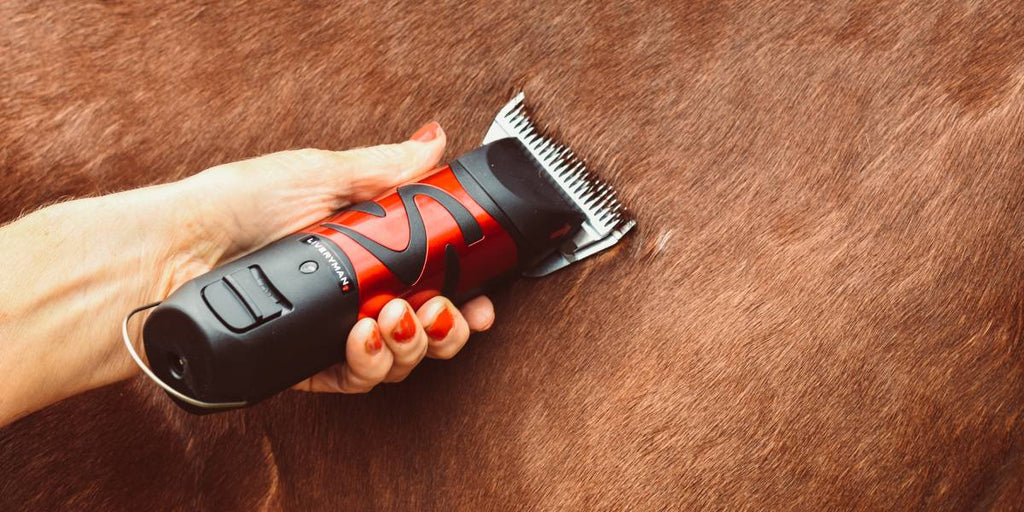
When to clip
Most people tend to clip their horses around September to October but this depends on the weather and how much your horse’s coat has/hasn’t grown, how regularly they are in work and the breed of horse.
There is no exact date to begin clipping and you must assess each horse’s needs individually and carefully.
Types of clips
Full Clip – A full clip removes all of the coat, legs and head. This clip is ideal for horses in high-performance work during winter.
Hunter Clip – Most of the coat is clipped except the saddle area and the legs to provide some protection. Good for horses in medium work.
Blanket Clip – The legs and the coat from the withers to the tail are left on in the shape of a blanket. This clip provides additional warmth without excessive sweating as the head, neck and chest are clipped. Suitable for horses in medium work.
Trace Clip – A trace clip is similar to a blanket clip but the head and half of the neck are left on. Suitable for horses in medium to light work that don’t sweat excessively.
Irish Clip – Only removes hair from around the areas where the horse sweats the most, such as the neck, chest and belly. The hair on the head can be removed or left as desired. A quick and simple clip that is perfect for horses in light work or younger horses.
Bib Clip – A very simple clip that only removes hair from the front of the neck and chest to help with sweating in those areas. Perfect for horses that are turned out for longer periods in winter and in light work.

What Clippers or Trimmers are best?
There are many different types of clippers and trimmers on the market so which is right for you? Firstly, you need to consider how many horses are being clipped, the hair type and personality of those horses and what budget you have.
Whatever type of clipper you decide on, you must remember to keep them clean and in full working order and preferably get them serviced yearly to ensure they are working to their full potential.
Light Duty Clippers – are ideal for time-time horse owners. They are light and quiet and suitable for soft and fine coats.
Medium Duty Clippers – Can handle courser hair as they are more powerful than light duty clippers. Suitable for clipping 1-3 horses.
Heavy Duty Clippers – Ideal for professionals and clipping multiple horses. Can be heavier and nosier.
Trimmers – Suitable for trimming smaller and hard-to-reach areas such as the face and ears.
Cordless Clippers – are ideal to use without the nuisance of the power cord, however, they won’t last as long as mains clippers.
To find the right clipper for you and any accessories you may require such as spare blades or clipper oil to maintain your clippers and blades properly, shop our collection of Clippers and Trimmers here at Millbry Hill. We have a good range from leading brands such as Liveryman, Wahl, Lister and Wolseley
To help with what rugs you may need after rugging why not read our blog A Guide to Choosing the Best Turnout Rug for your Horse or browse our extensive collection of Horse Rugs to find the right rug for your horse.

